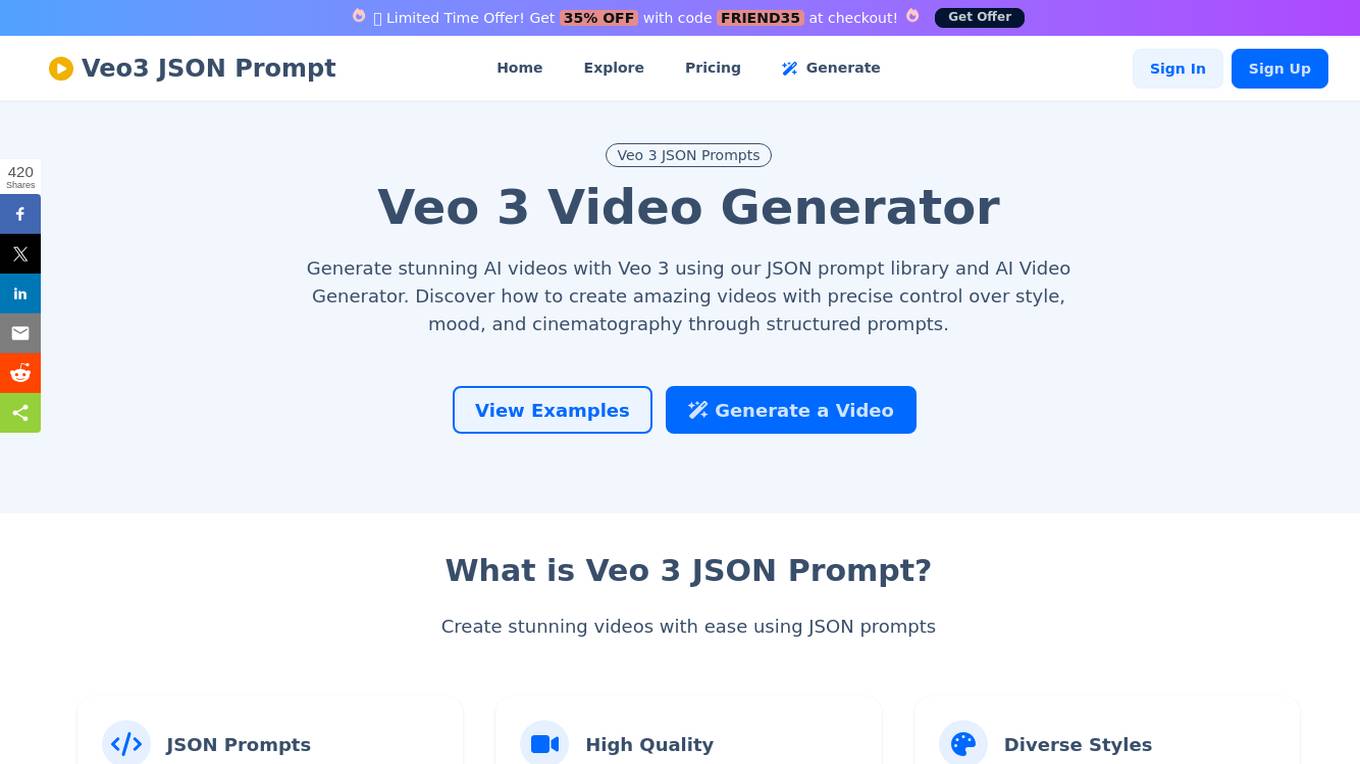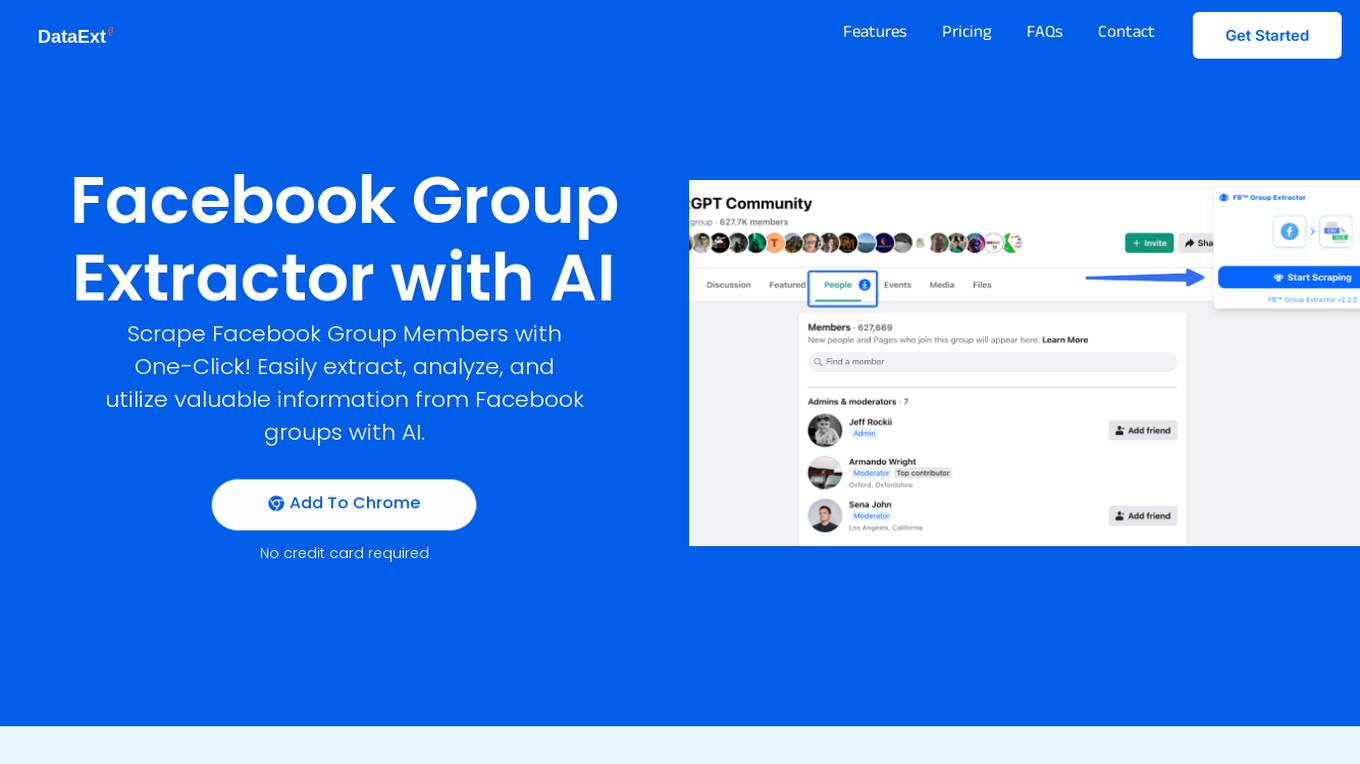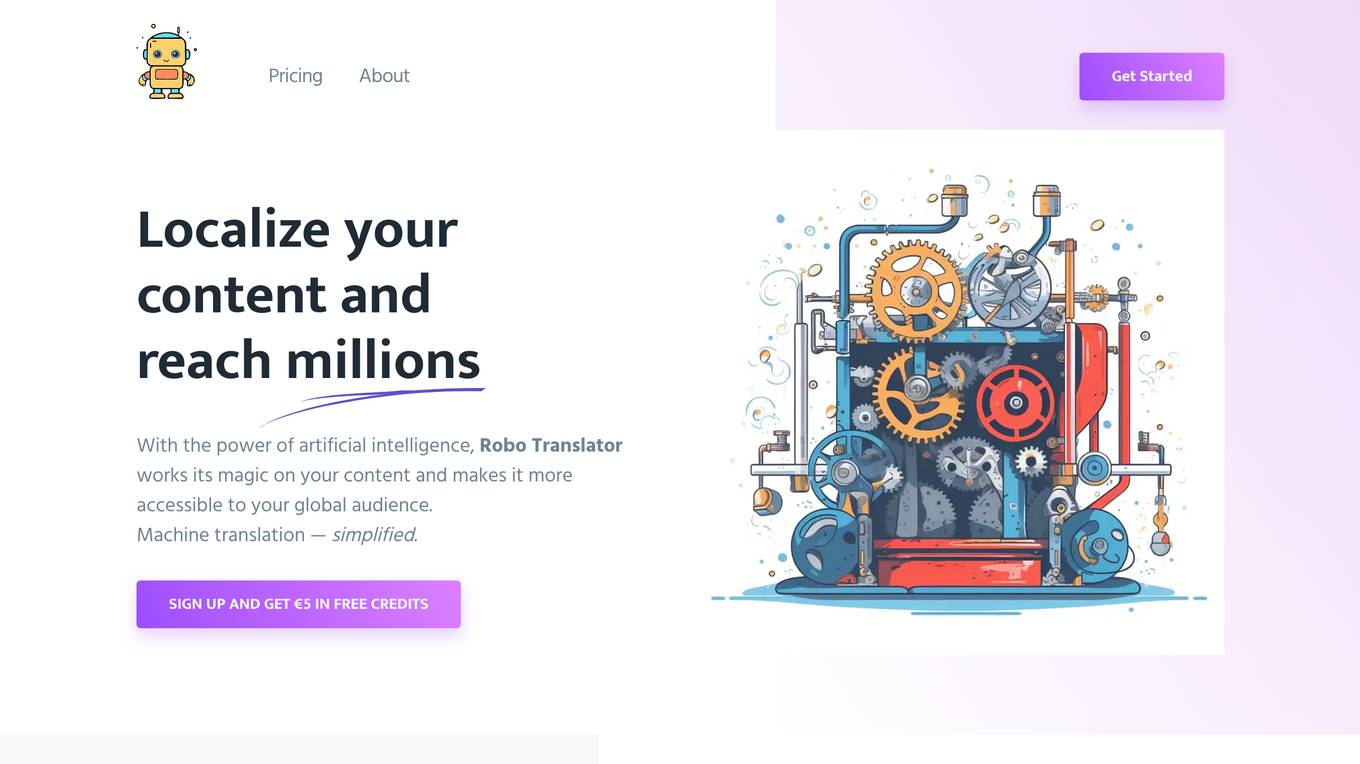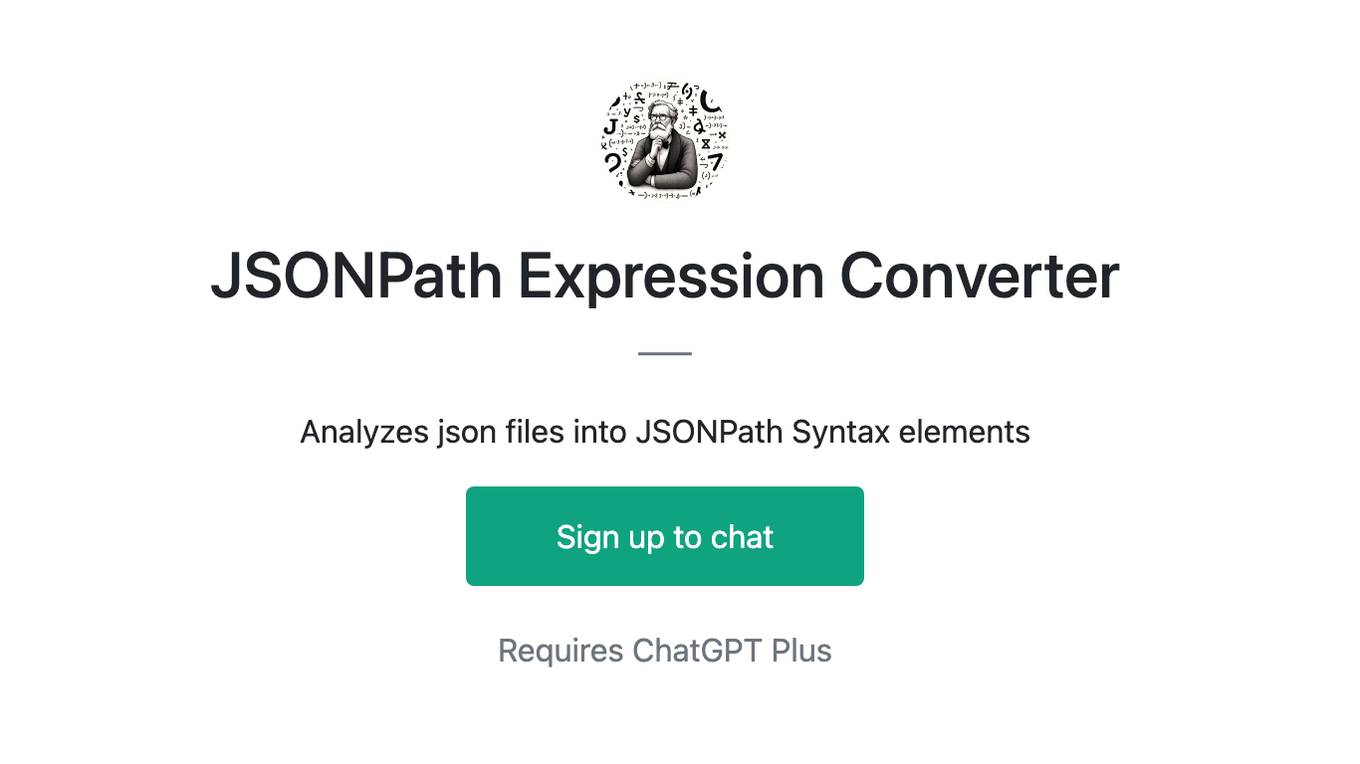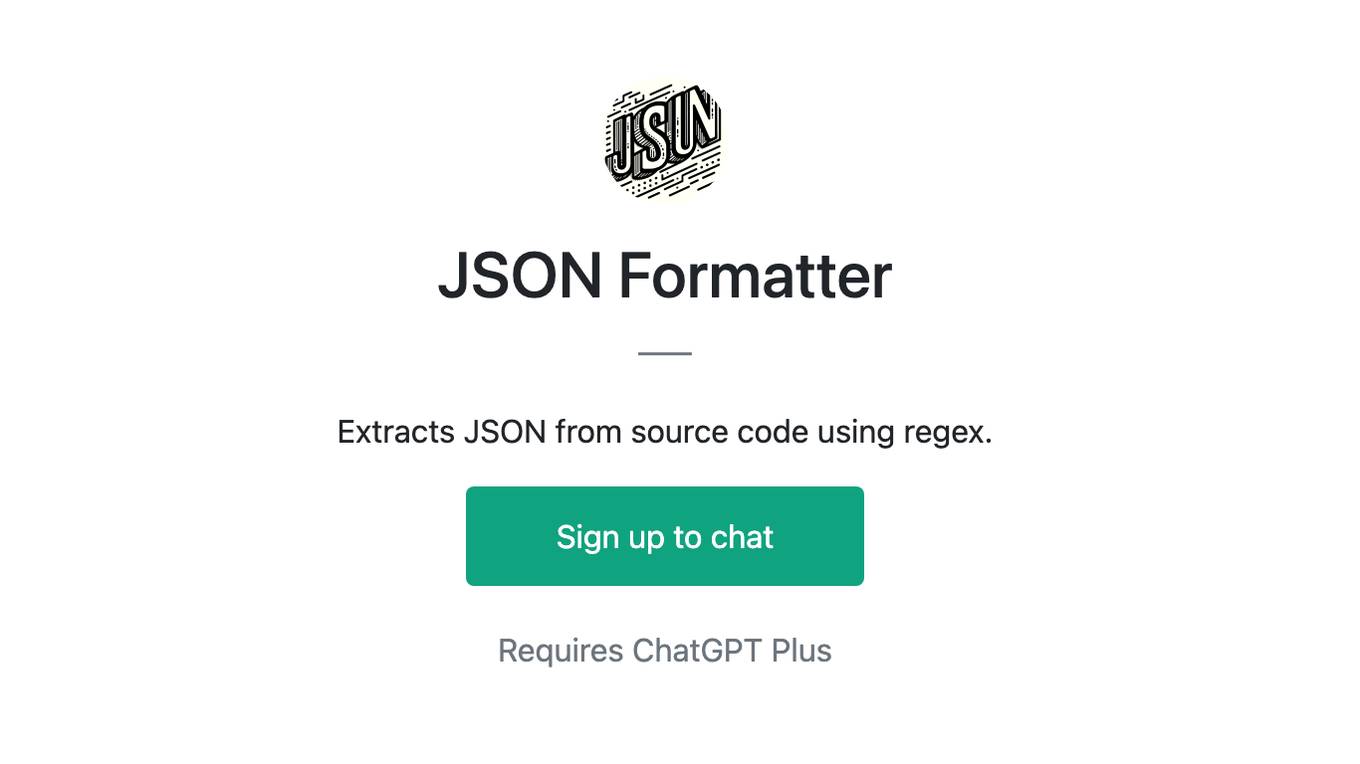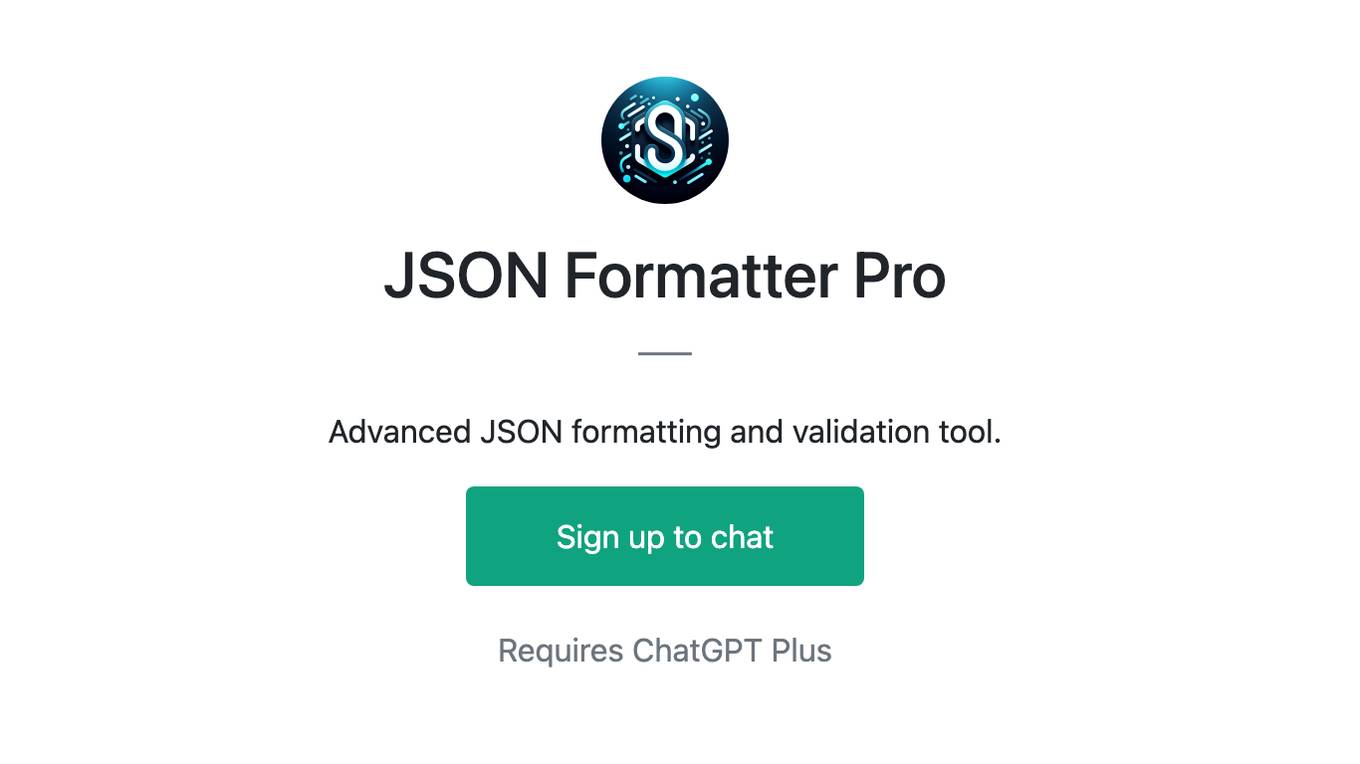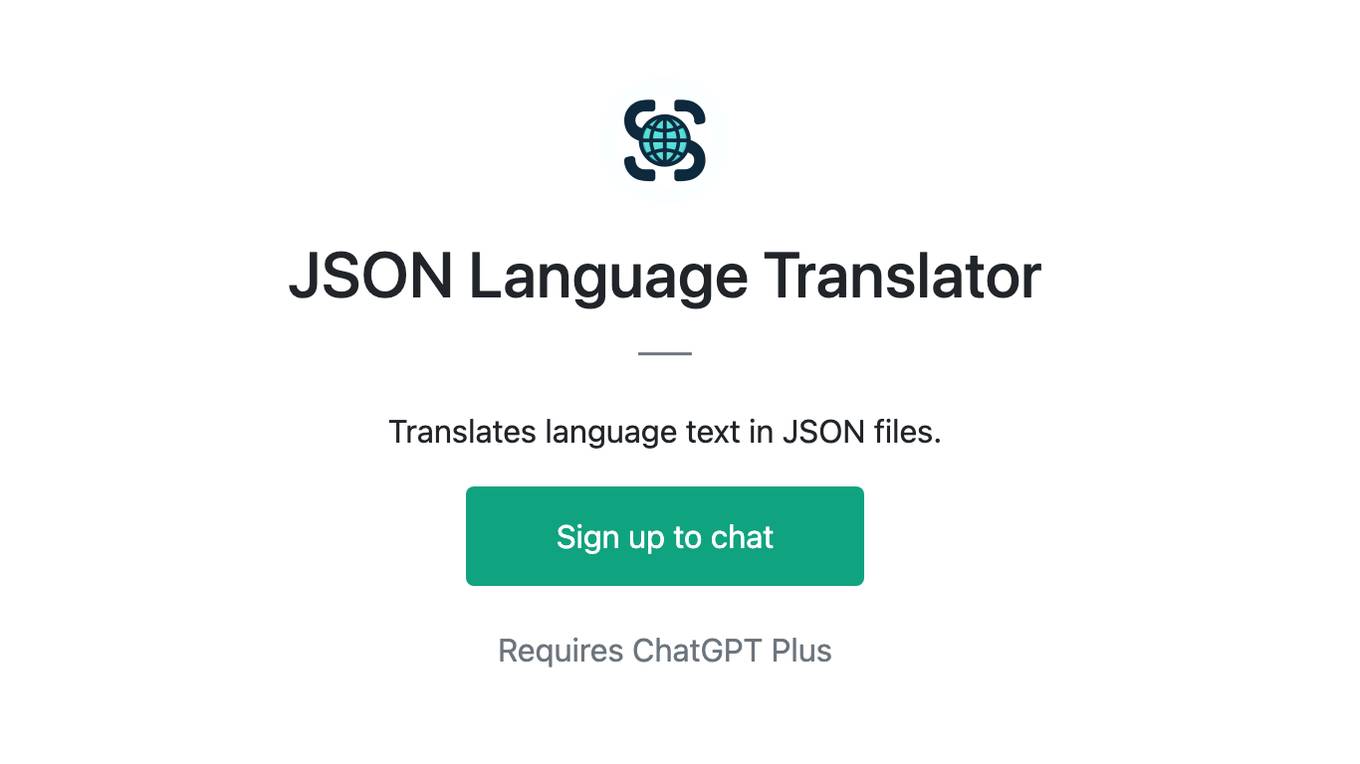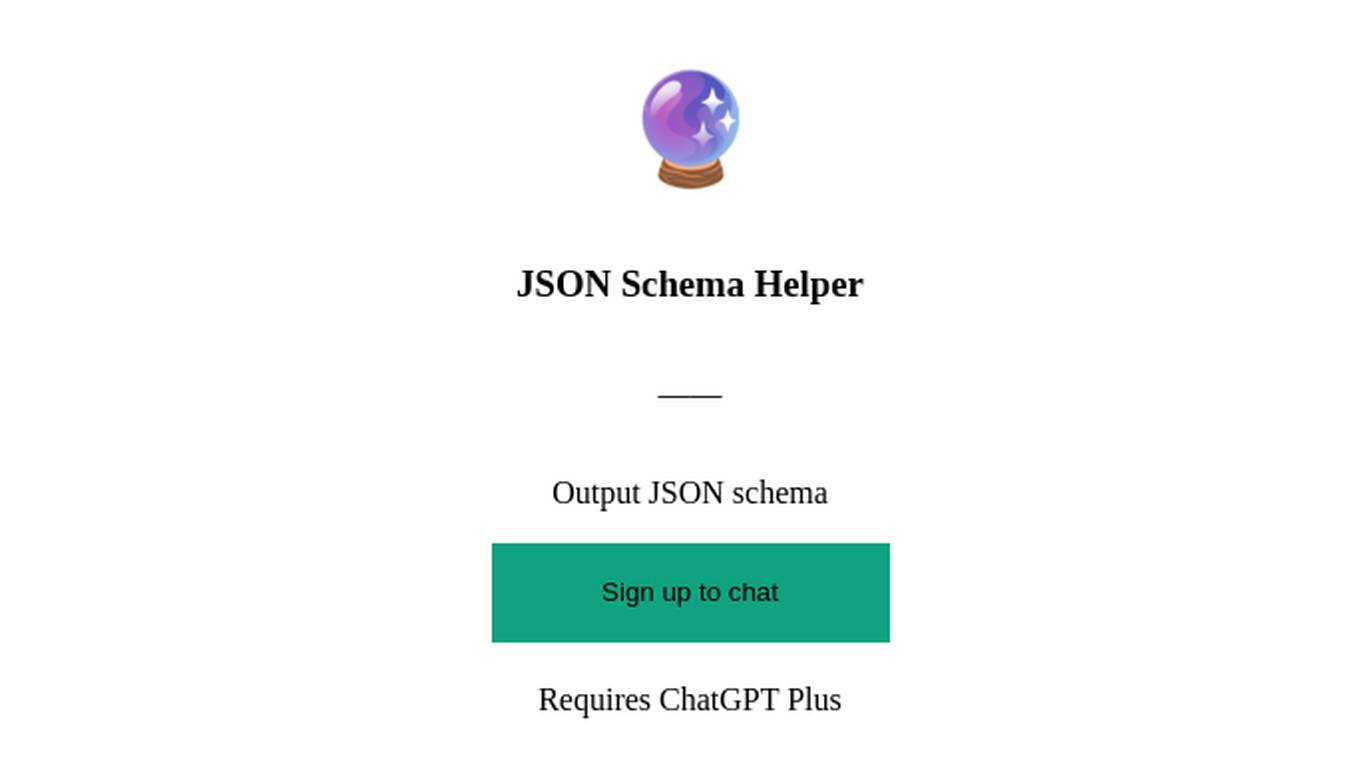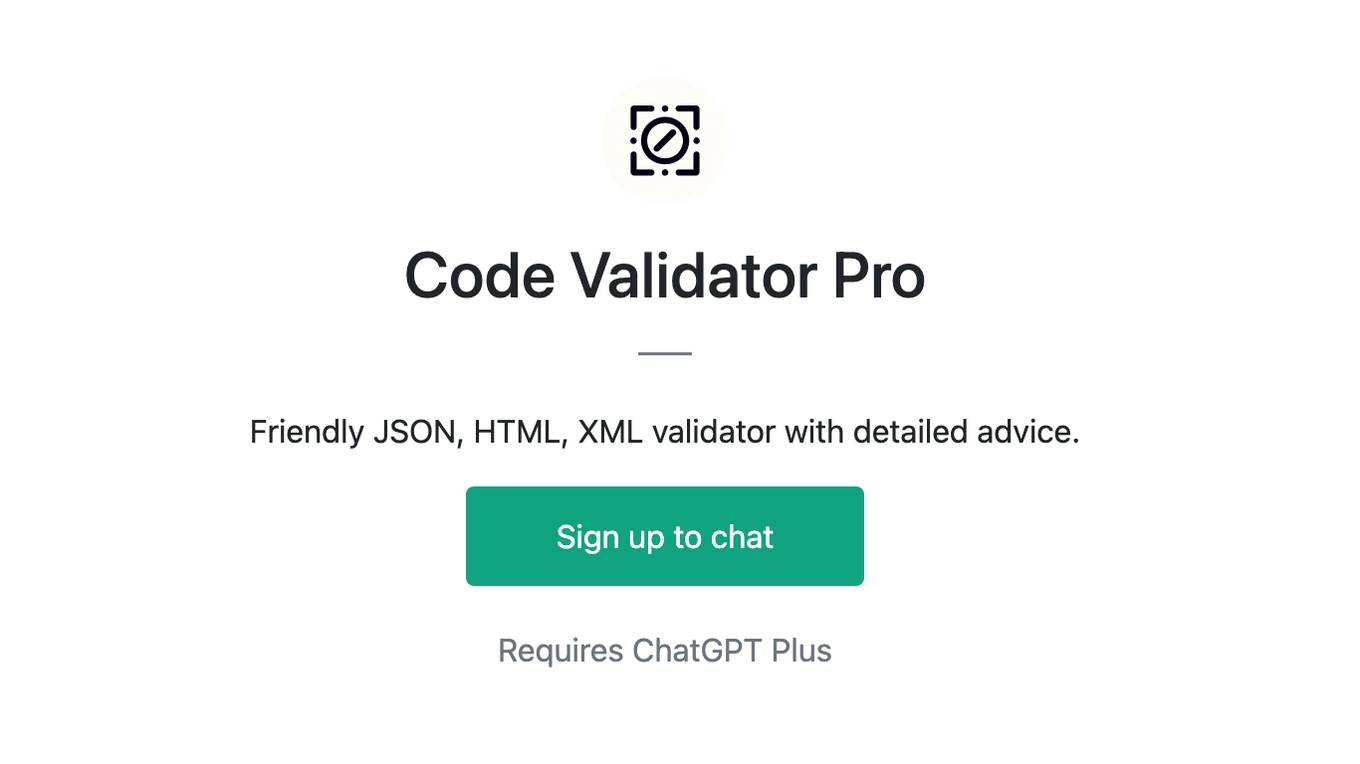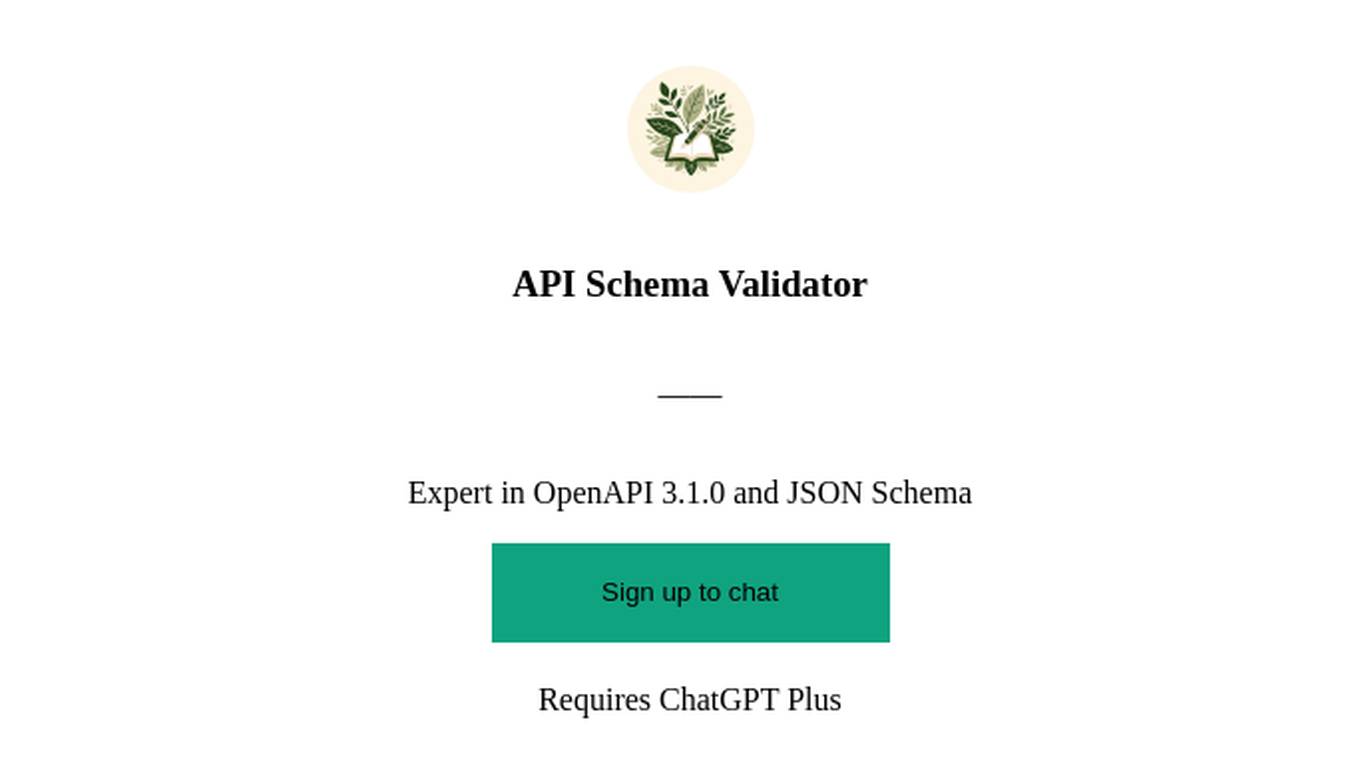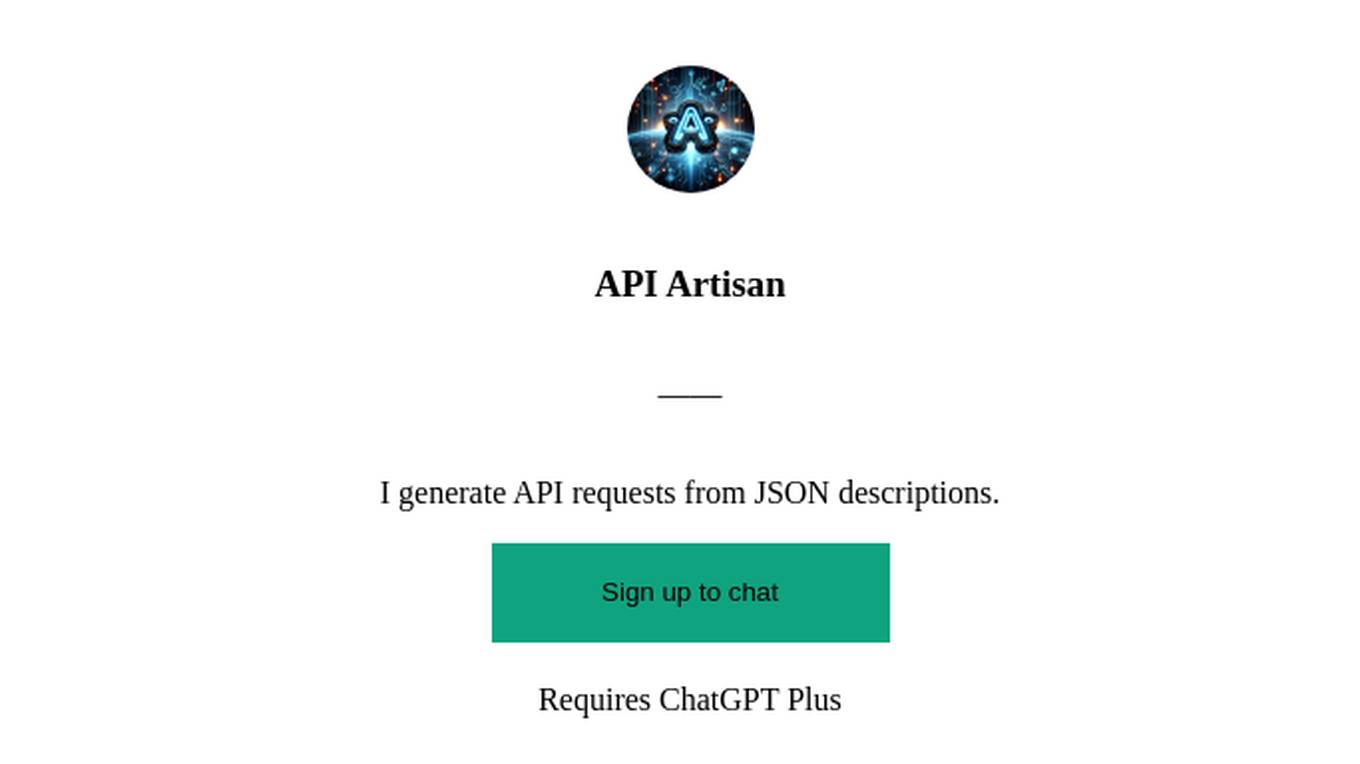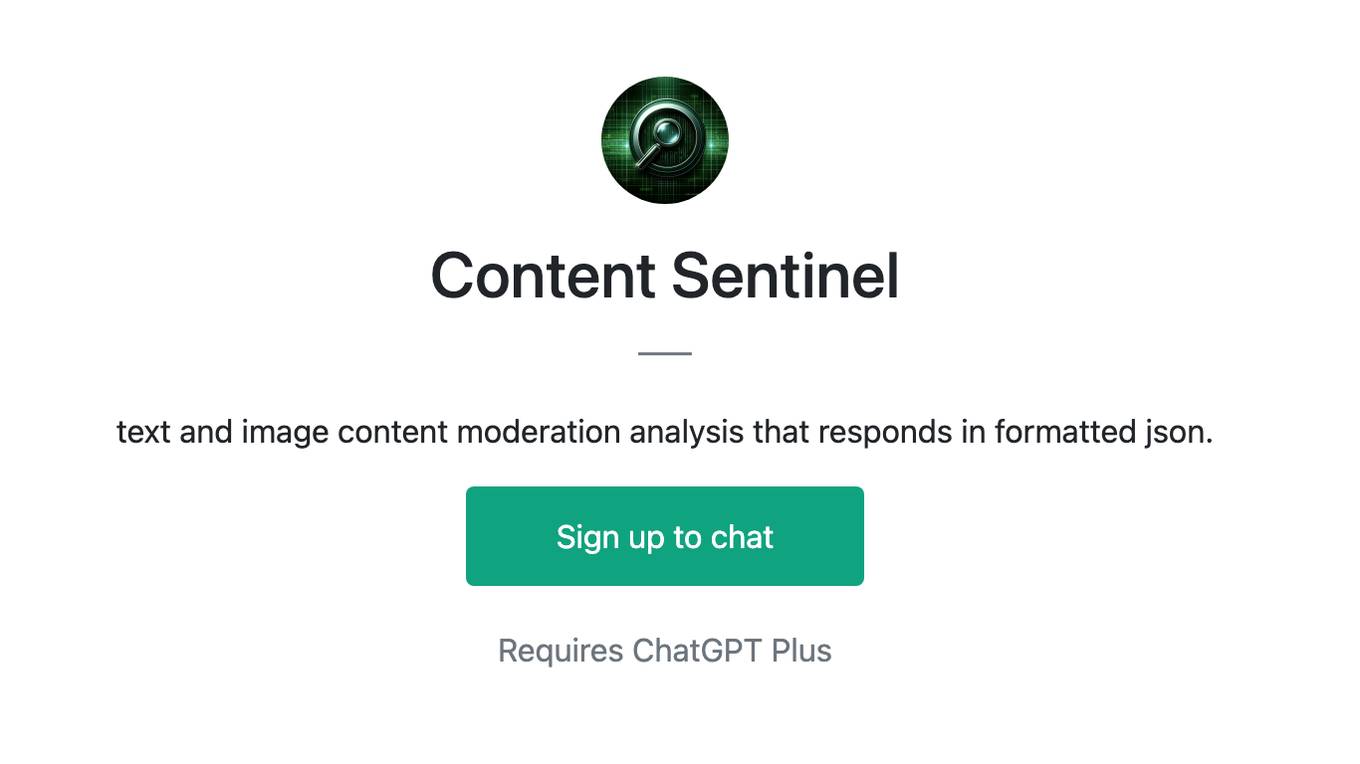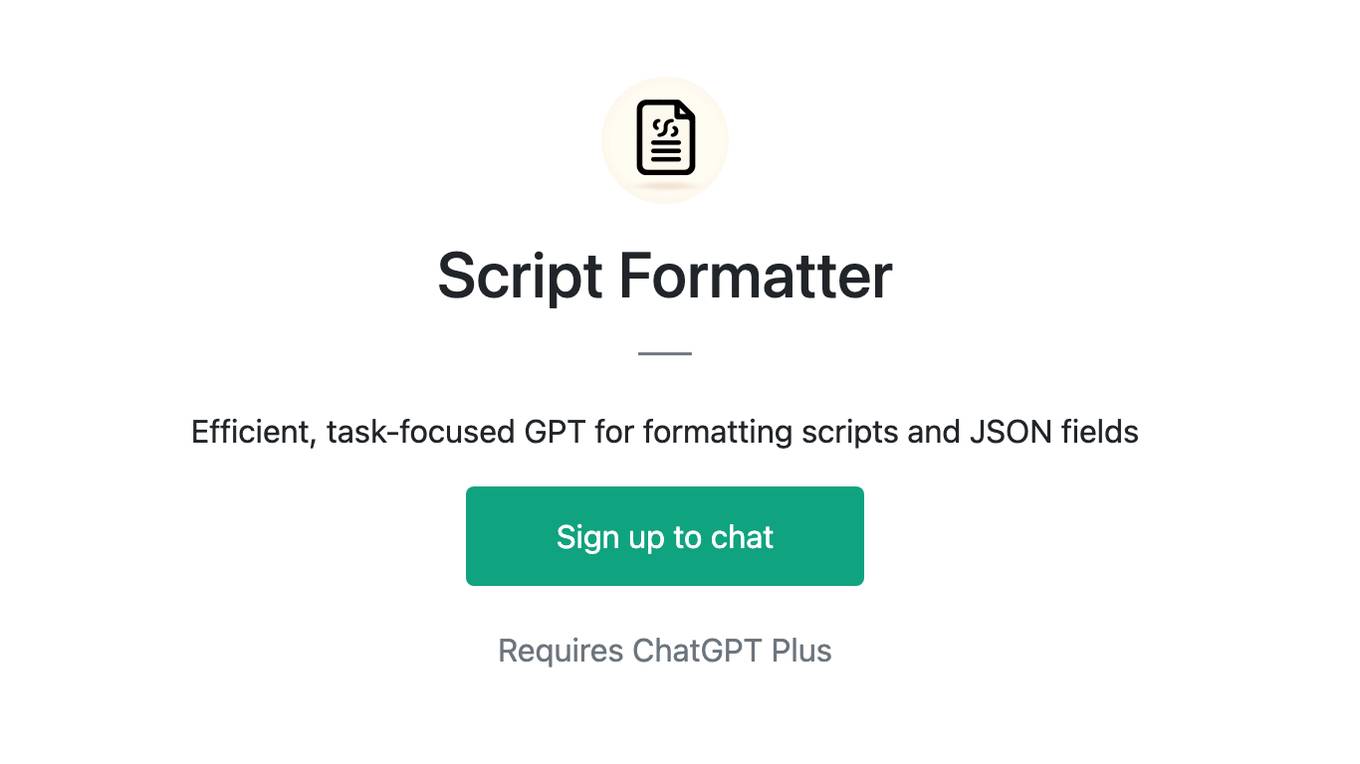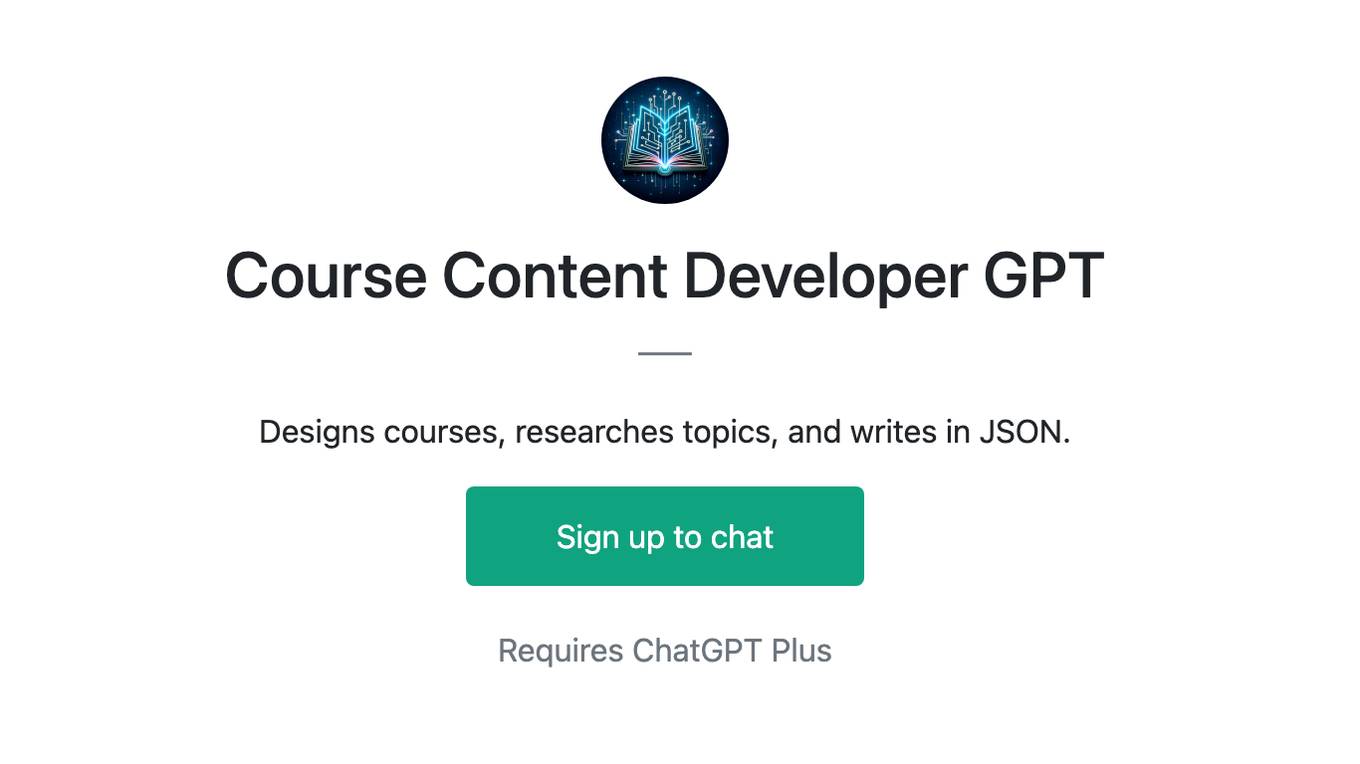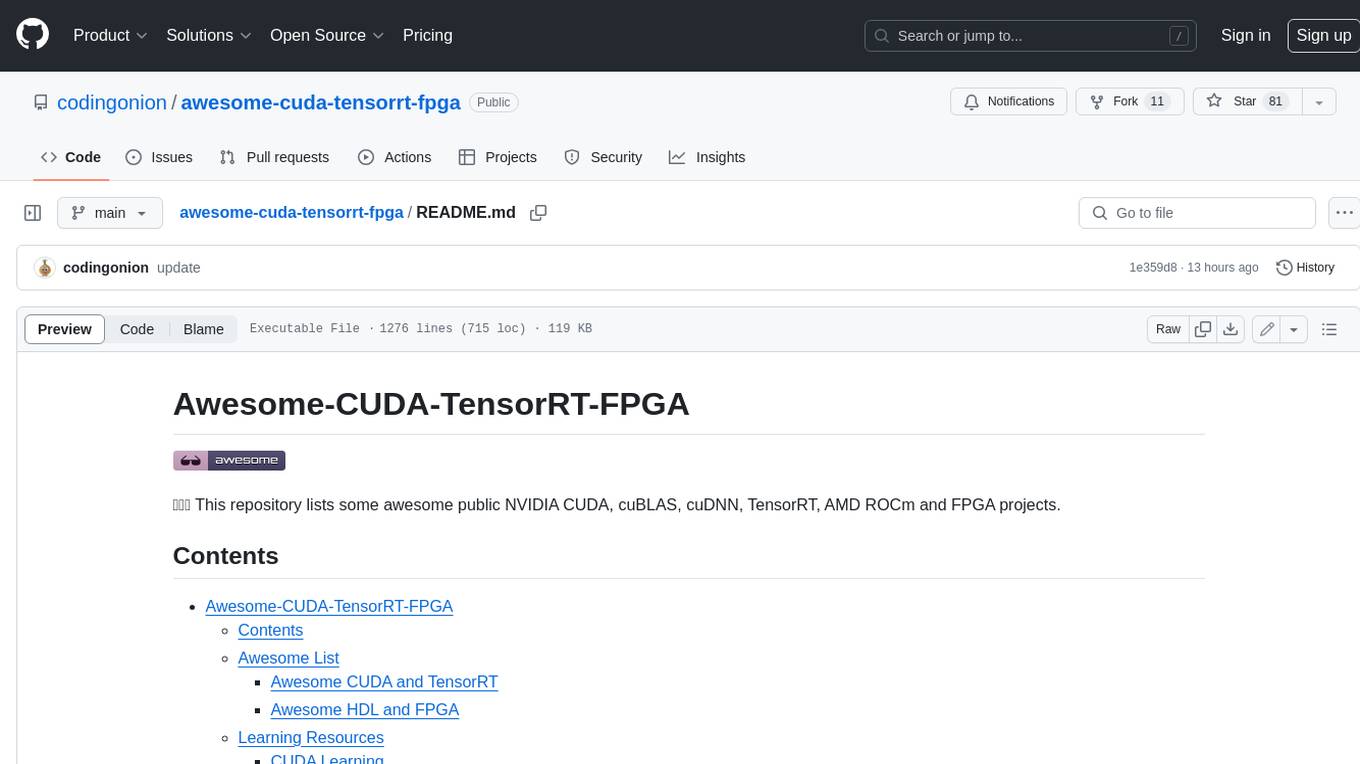AI tools for json
Related Tools:
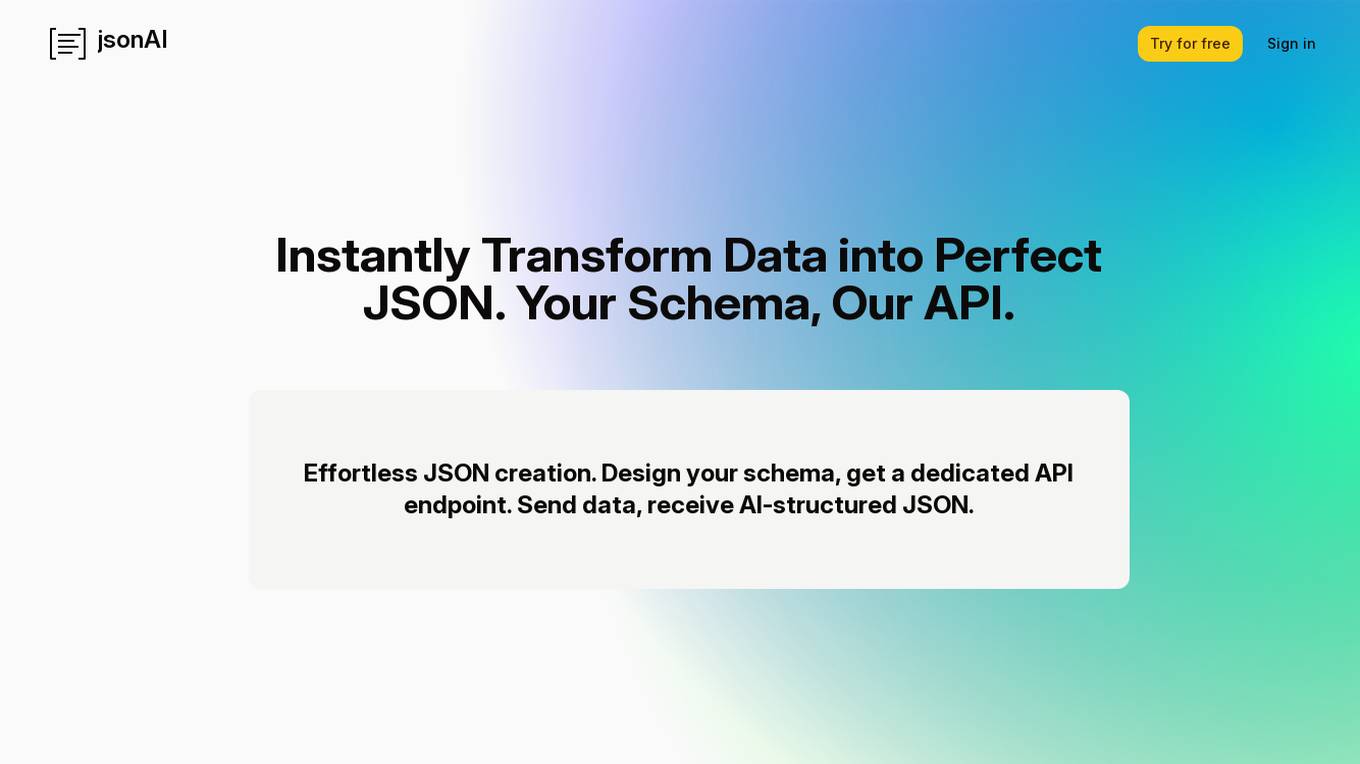
jsonAI
jsonAI is an AI tool that allows users to easily transform data into structured JSON format. Users can define their schema, add custom prompts, and receive AI-structured JSON responses. The tool enables users to create complex schemas with nested objects, control the response JSON on the fly, and test their JSON data in real-time. jsonAI offers a free trial plan, seamless integration with existing apps, and ensures data security by not storing user data on their servers.
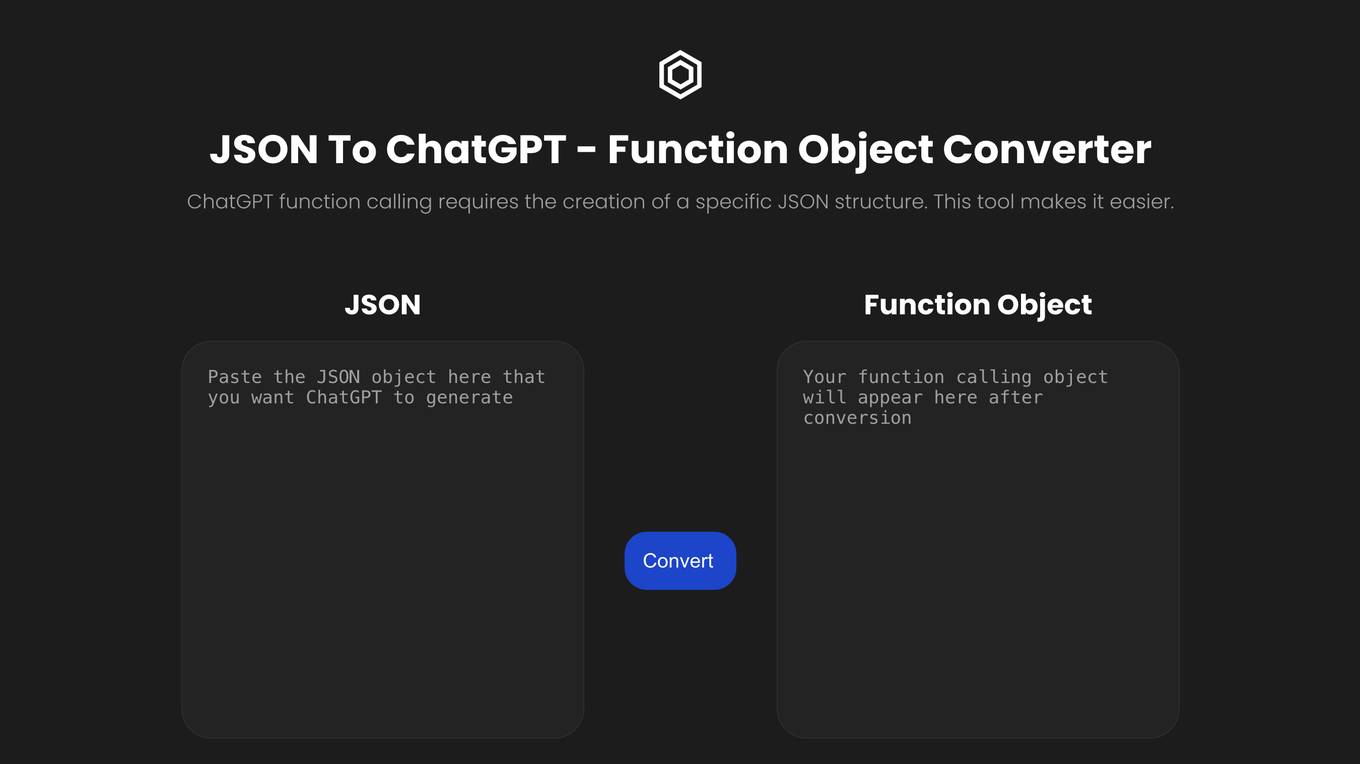
Vavada Casino
Vavada Casino is an online gambling platform that was established in 2017 and quickly gained popularity worldwide. It offers a vast library of 4500 games, operates under a Curacao license, and is known for its reliability and fairness. One of its key advantages is the easy withdrawal process without verification or fees. The platform also provides a unique rewards program for players' achievements. Vavada Casino actively expands its global presence, attracting gamers from various countries and offering a seamless gaming experience.
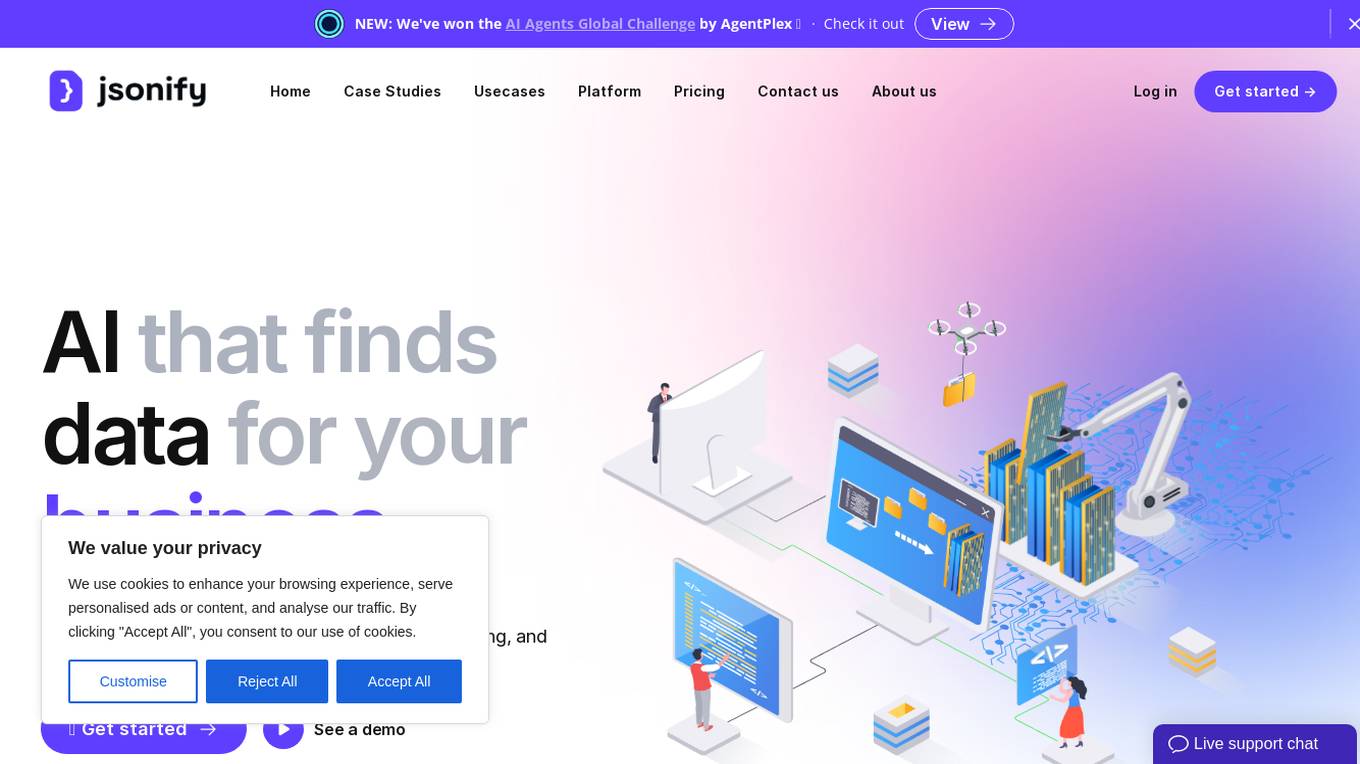
Jsonify
Jsonify is an AI tool that automates the process of exploring and understanding websites to find, filter, and extract structured data at scale. It uses AI-powered agents to navigate web content, replacing traditional data scrapers and providing data insights with speed and precision. Jsonify integrates with leading data analysis and business intelligence suites, allowing users to visualize and gain insights into their data easily. The tool offers a no-code dashboard for creating workflows and easily iterating on data tasks. Jsonify is trusted by companies worldwide for its ability to adapt to page changes, learn as it runs, and provide technical and non-technical integrations.
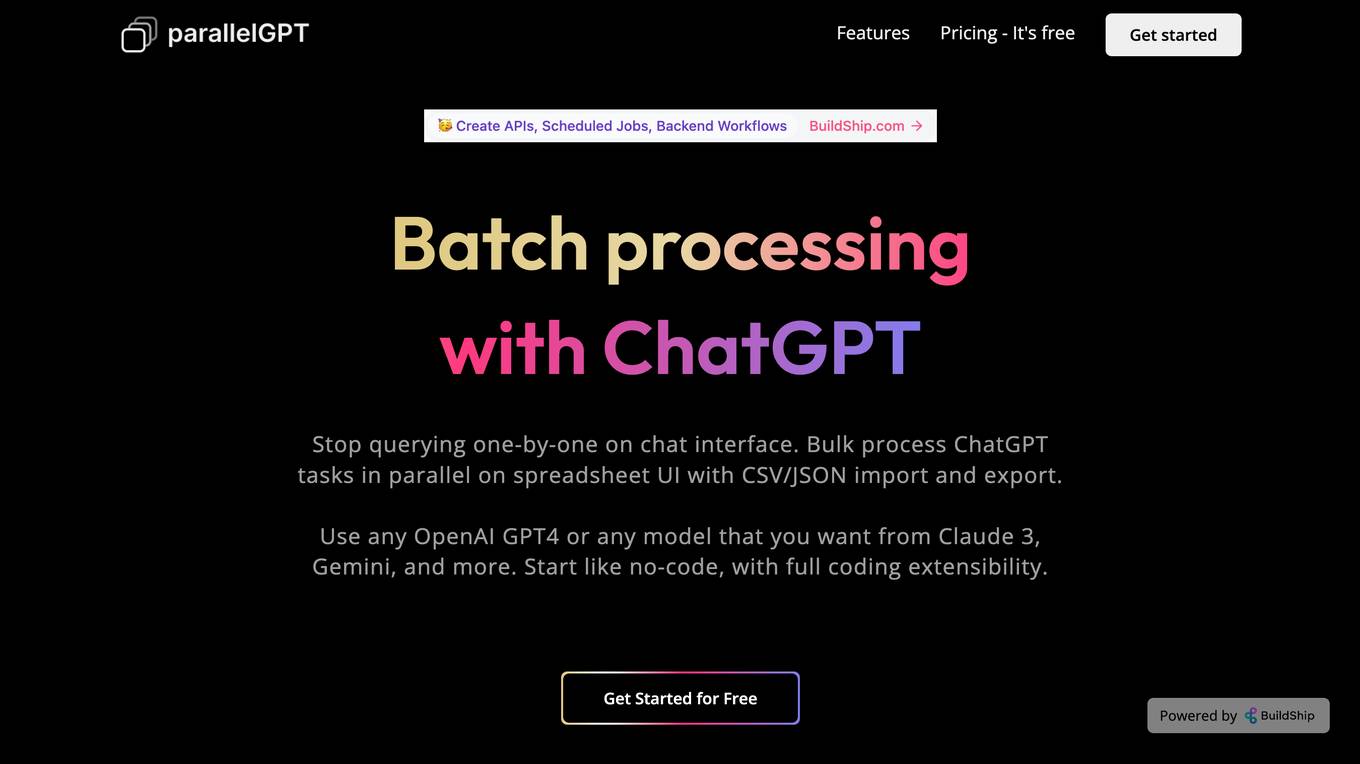
BuildShip
BuildShip is a batch processing tool for ChatGPT that allows users to process ChatGPT tasks in parallel on a spreadsheet UI with CSV/JSON import and export. It supports various OpenAI models, including GPT4, Claude 3, and Gemini. Users can start with readymade templates and customize them with their own logic and models. The data generated is stored securely on the user's own Google Cloud project, and team collaboration is supported with granular access control.
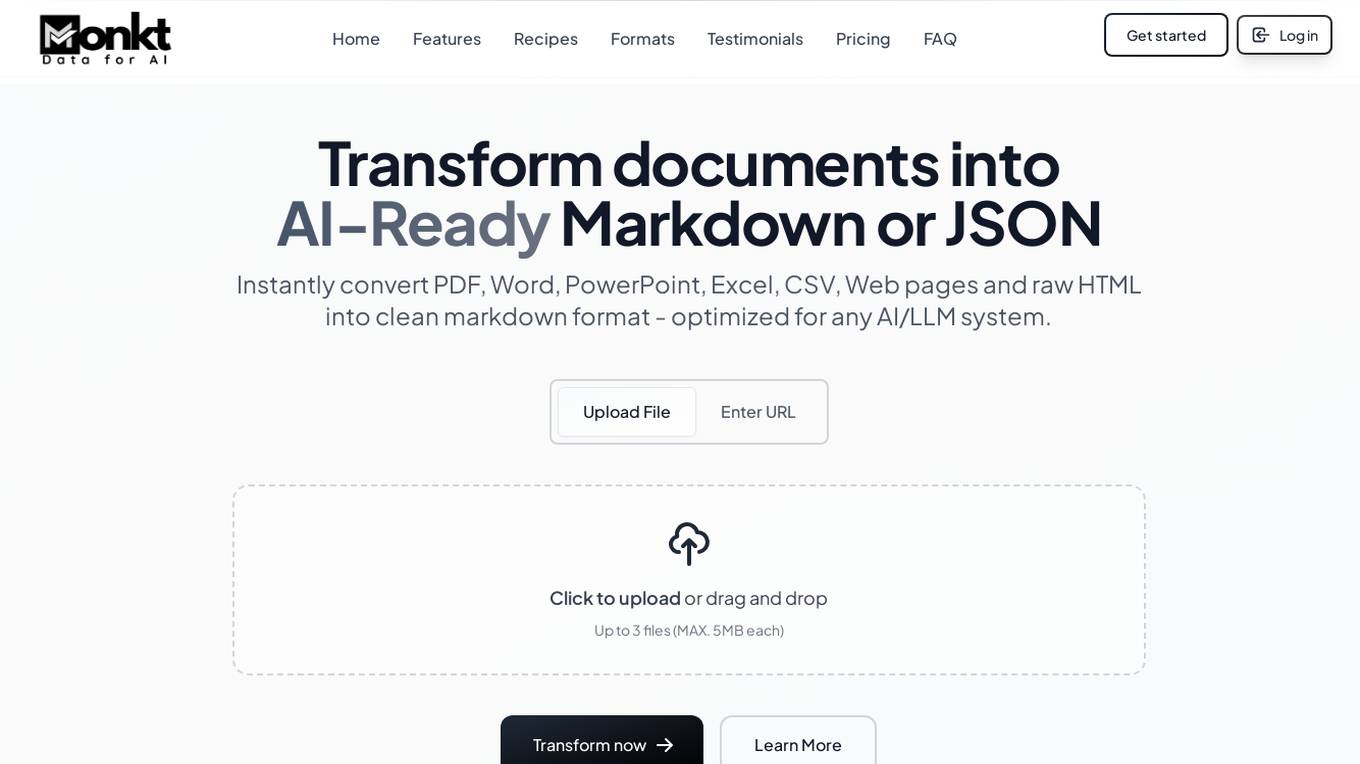
Monkt
Monkt is a powerful document processing platform that transforms various document formats into AI-ready Markdown or structured JSON. It offers features like instant conversion of PDF, Word, PowerPoint, Excel, CSV, web pages, and raw HTML into clean markdown format optimized for AI/LLM systems. Monkt enables users to create intelligent applications, custom AI chatbots, knowledge bases, and training datasets. It supports batch processing, image understanding, LLM optimization, and API integration for seamless document processing. The platform is designed to handle document transformation at scale, with support for multiple file formats and custom JSON schemas.
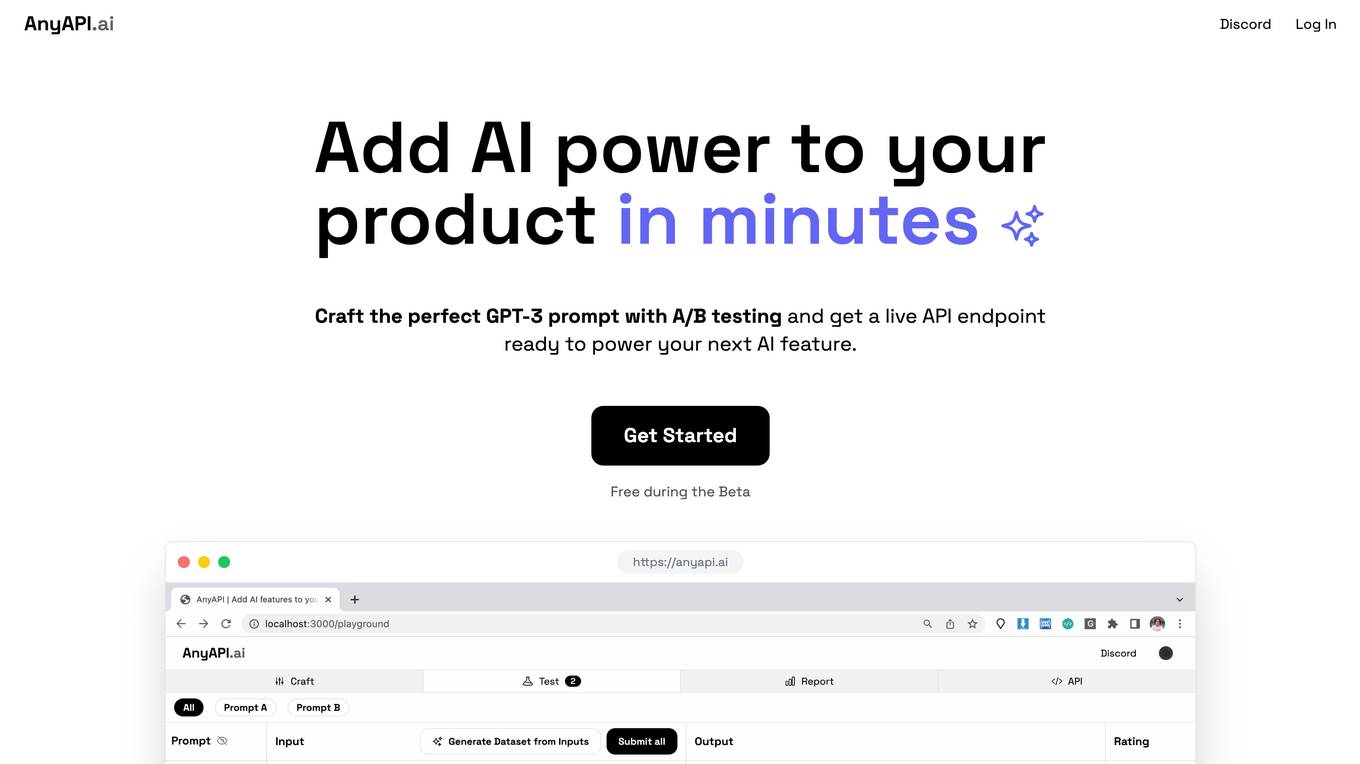
AnyAPI
AnyAPI is an AI tool that allows users to easily add AI features to their products in minutes. With the ability to craft the perfect GPT-3 prompt using A/B testing, users can quickly generate a live API endpoint to power their next AI feature. The platform offers a range of use cases, including turning emails into tasks, suggesting replies, and retrieving plain text JSON. AnyAPI is designed to streamline the integration of AI capabilities into various products and services, making it a valuable tool for developers and businesses seeking to enhance their offerings with AI technology.
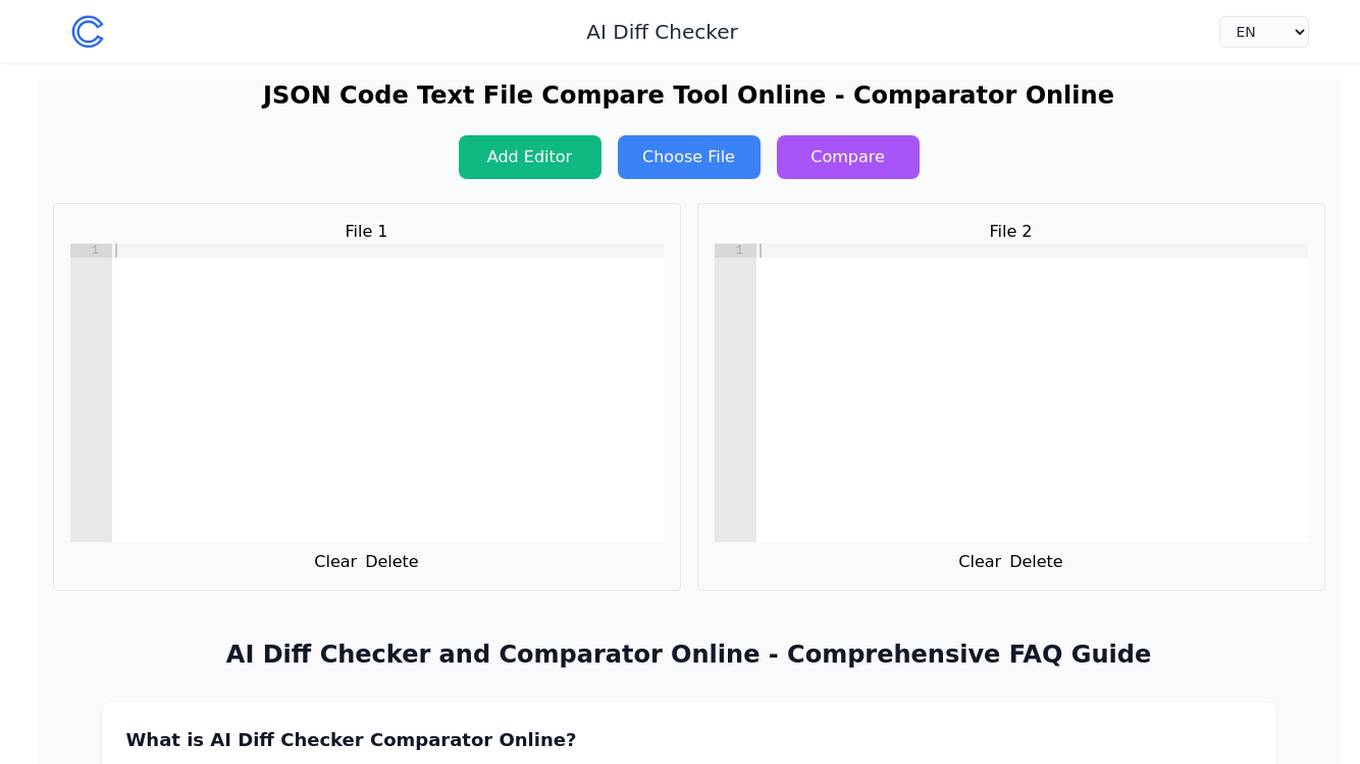
AI Diff Checker Comparator Online
The AI Diff Checker Comparator Online is an advanced online comparison tool that leverages AI technology to help users compare multiple text files, JSON files, and code files side by side. It offers both pairwise and baseline comparison modes, ensuring precise results. The tool processes files based on their content structure, supports various file types, and provides real-time editing capabilities. Users can benefit from its accurate comparison algorithms and innovative features, making it a powerful and easy-to-use solution for spotting differences between files.

Rocket Statement
Rocket Statement is a leading bank statement conversion tool that helps users convert their PDF bank statements into Excel, CSV, or JSON formats quickly, securely, and easily. It supports over 100 major banks worldwide and can handle multilingual statements. The tool is trusted by professionals worldwide and offers a range of features, including bulk processing, clean data formatting, multiple export options, and an AI Copilot for smooth and flawless conversions.
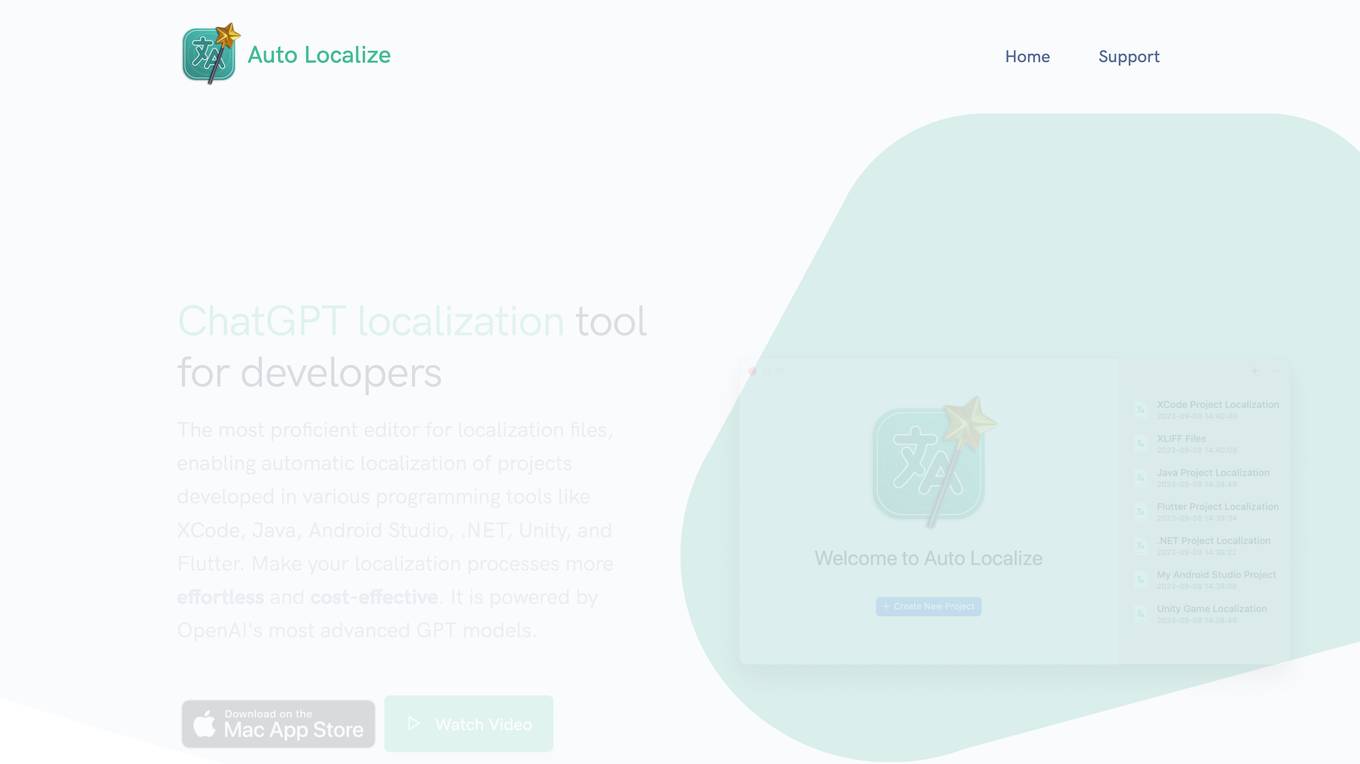
Auto Localize
The website offers an AI Localization tool for Xcode and App Store Connect, allowing users to simplify their workflow by easily localizing their projects. It provides features such as instant localization for Xcode projects, seamless App Store Connect integration, flexible AI-powered localization, and broad compatibility beyond Xcode. Users can save hours on Xcode project and App Store Connect localization with this ultimate localization tool.
IconScout
IconScout is a comprehensive design resource marketplace offering over 12.1 million graphic assets including icons, illustrations, 3D graphics, and Lottie animations. Users can access a wide range of design elements such as 3D illustrations, avatars, icons, stickers, and more. The platform also provides AI tools for generating custom 3D assets, converting images to vectors, and removing backgrounds effortlessly. With integrated plugins and editors, IconScout empowers users to customize and enhance their design projects efficiently.

CommandAI
CommandAI is a powerful command line utility tool that leverages the capabilities of artificial intelligence to enhance user experience and productivity. It allows users to interact with the command line interface using natural language commands, making it easier for both beginners and experienced users to perform complex tasks efficiently. With CommandAI, users can streamline their workflow, automate repetitive tasks, and access advanced features through simple text-based interactions. The tool is designed to simplify the command line experience and provide intelligent assistance to users in executing commands and managing their system effectively.
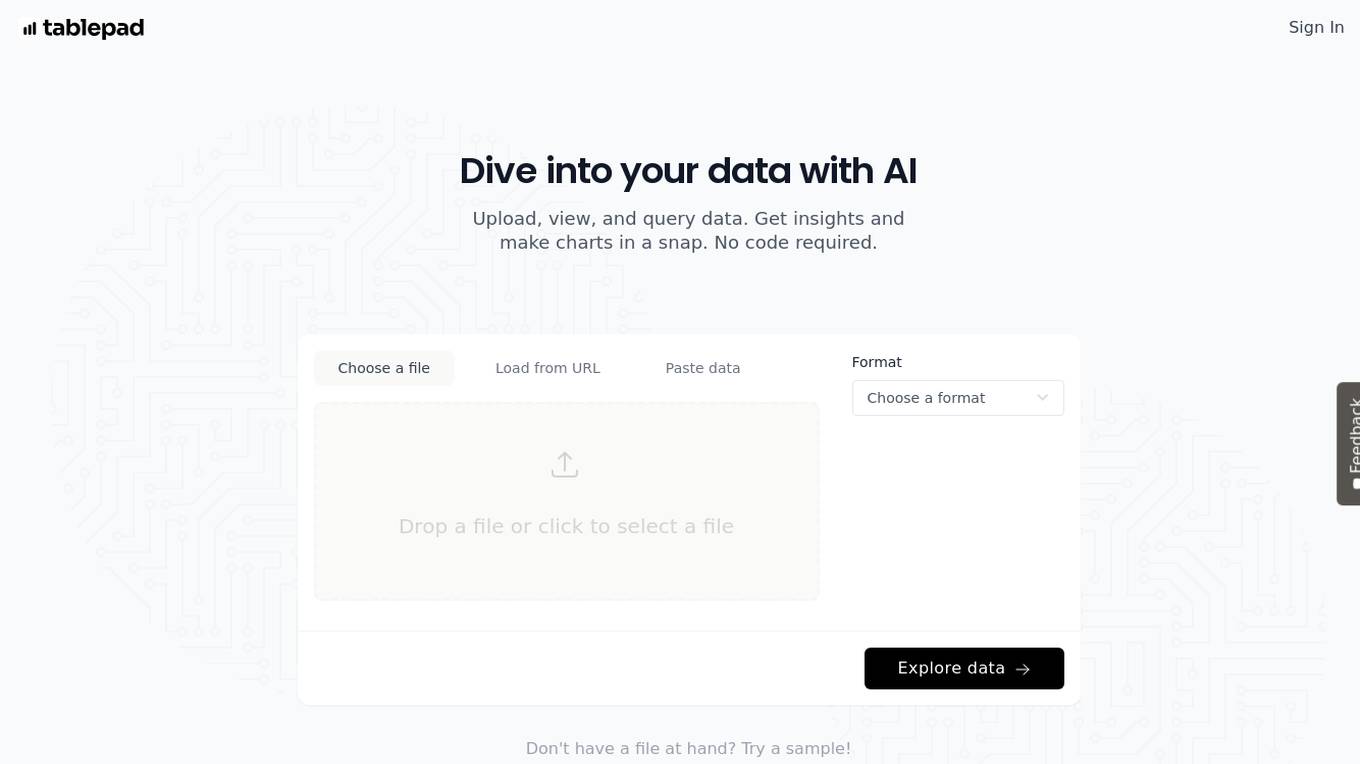
Tablepad
Tablepad is an AI-powered data analytics tool that allows users to upload, view, and query data effortlessly. With Tablepad, users can generate insights and create charts without the need for coding skills. The tool supports various file formats and offers automated visual insights by generating graphs and charts based on plain English questions. Tablepad simplifies data exploration and visualization, making it easy for users to uncover valuable insights from their data.
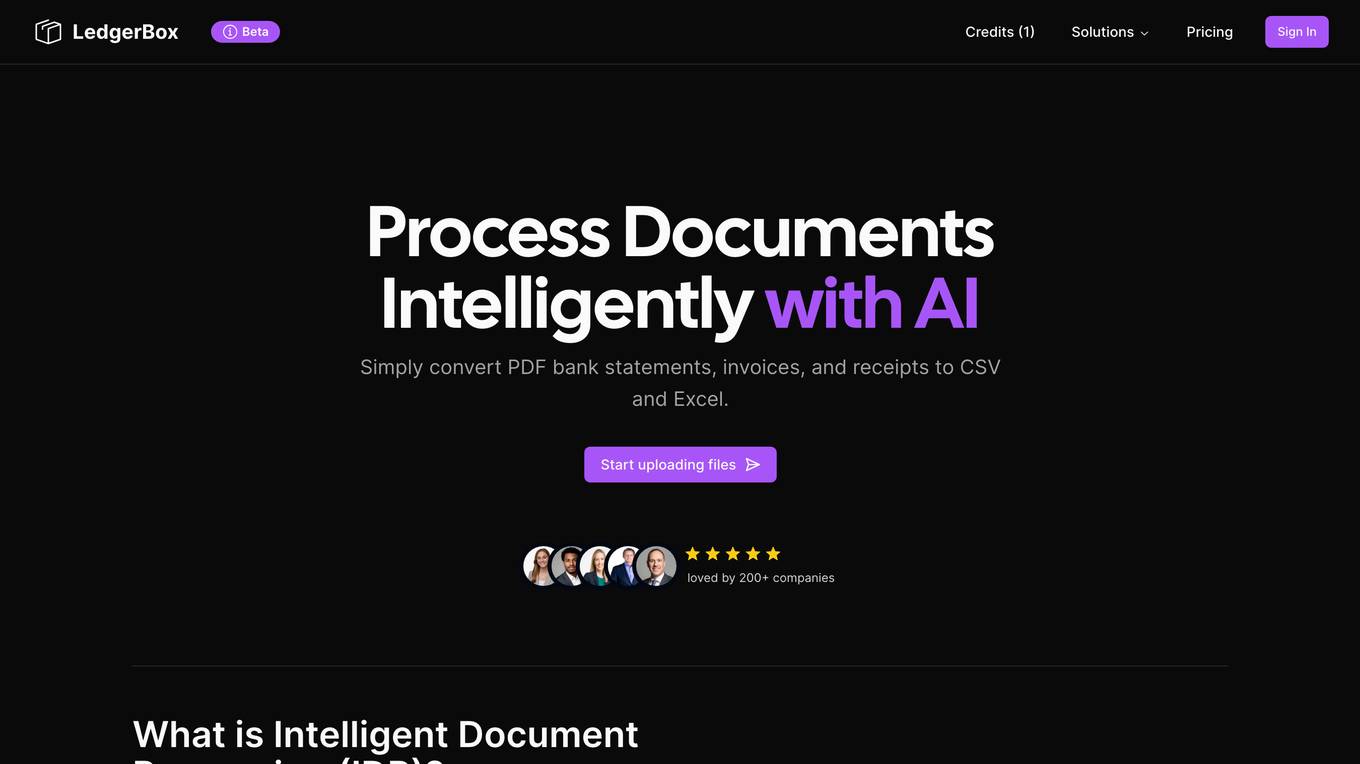
AI Bank Statement Converter
The AI Bank Statement Converter is an industry-leading tool designed for accountants and bookkeepers to extract data from financial documents using artificial intelligence technology. It offers features such as automated data extraction, integration with accounting software, enhanced security, streamlined workflow, and multi-format conversion capabilities. The tool revolutionizes financial document processing by providing high-precision data extraction, tailored for accounting businesses, and ensuring data security through bank-level encryption. It also offers Intelligent Document Processing (IDP) using AI and machine learning techniques to process structured, semi-structured, and unstructured documents.
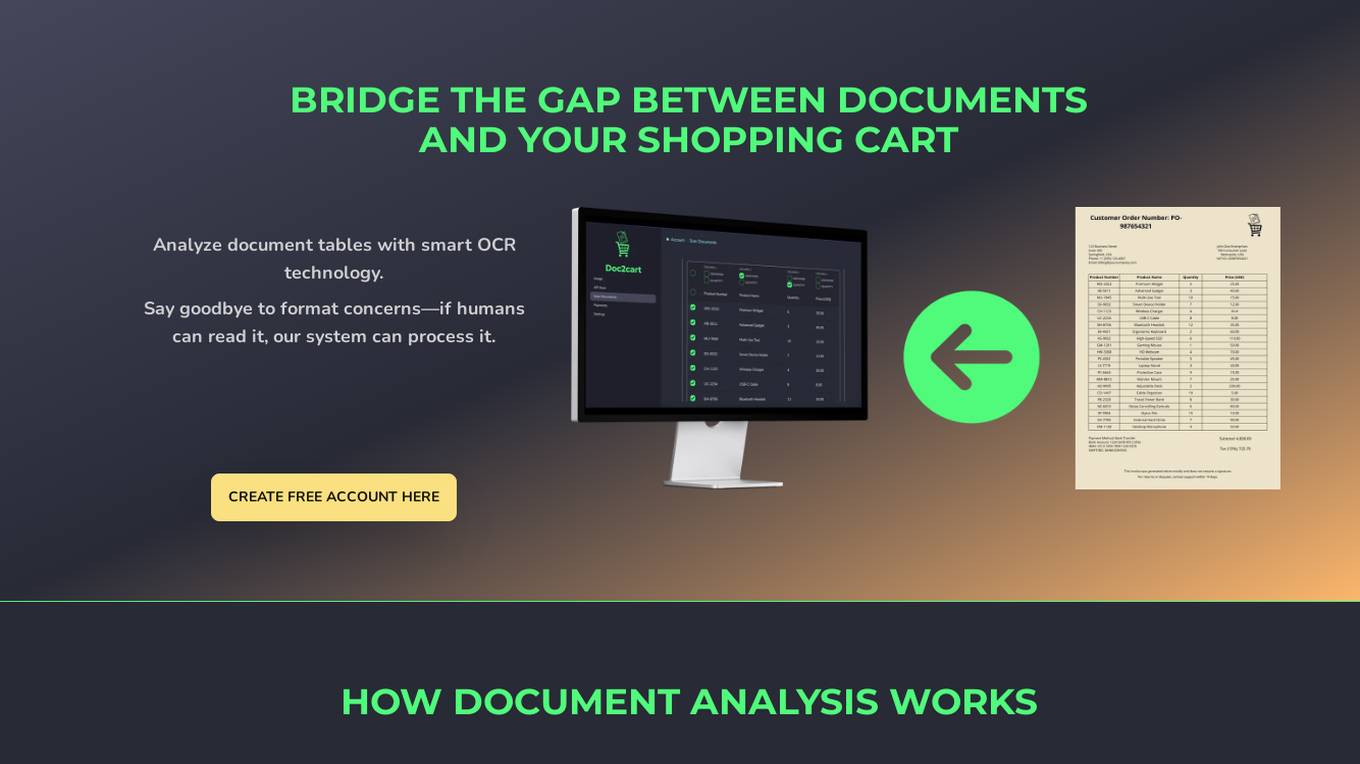
Doc2cart
Doc2cart is an AI-powered platform that automates the extraction of product information from various documents such as invoices, price lists, and catalogs. It utilizes advanced OCR technology to convert paper or digital documents into structured e-commerce data that can be seamlessly integrated into popular e-commerce platforms and shopping carts. The platform focuses on data extraction and processing, providing users with the flexibility to utilize the extracted data in their systems efficiently.
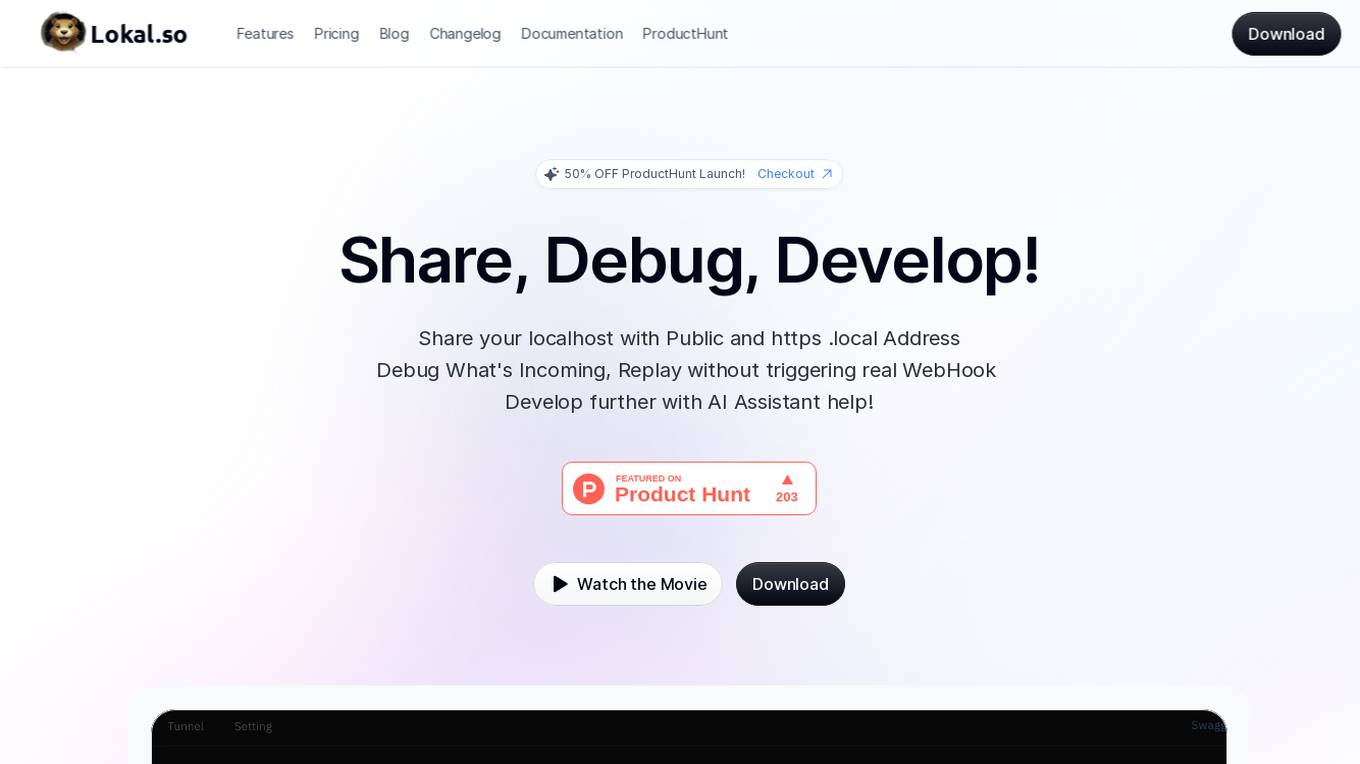
Lokal.so
Lokal.so is an AI-powered tool designed to supercharge your localhost development experience. It offers features like sharing your localhost with the public, debugging incoming requests, and developing with the assistance of an AI assistant. With Lokal.so, you can leverage Cloudflare's network for faster site delivery, use a built-in S3 server for easy file debugging, and automatically convert JSON payloads into different programming language models. The tool aims to simplify local development by providing a self-hosted tunnel server, unlimited .local domain access, and endpoint management with memorable names.

Lamini
Lamini is an enterprise-level LLM platform that offers precise recall with Memory Tuning, enabling teams to achieve over 95% accuracy even with large amounts of specific data. It guarantees JSON output and delivers massive throughput for inference. Lamini is designed to be deployed anywhere, including air-gapped environments, and supports training and inference on Nvidia or AMD GPUs. The platform is known for its factual LLMs and reengineered decoder that ensures 100% schema accuracy in the JSON output.
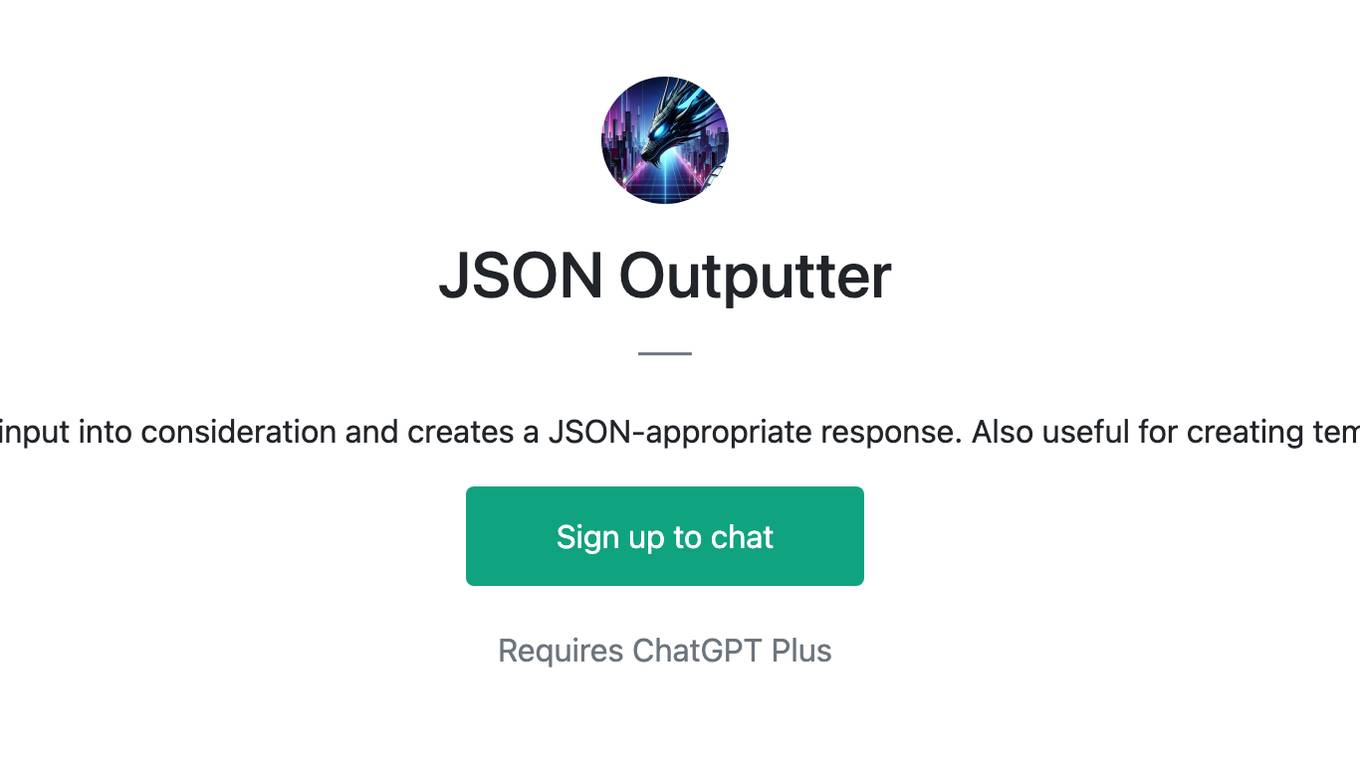
JSON Outputter
Takes all input into consideration and creates a JSON-appropriate response. Also useful for creating templates.

Vicky Vega
Generates Vega-Lite JSON code for Power BI visuals from data and descriptions.
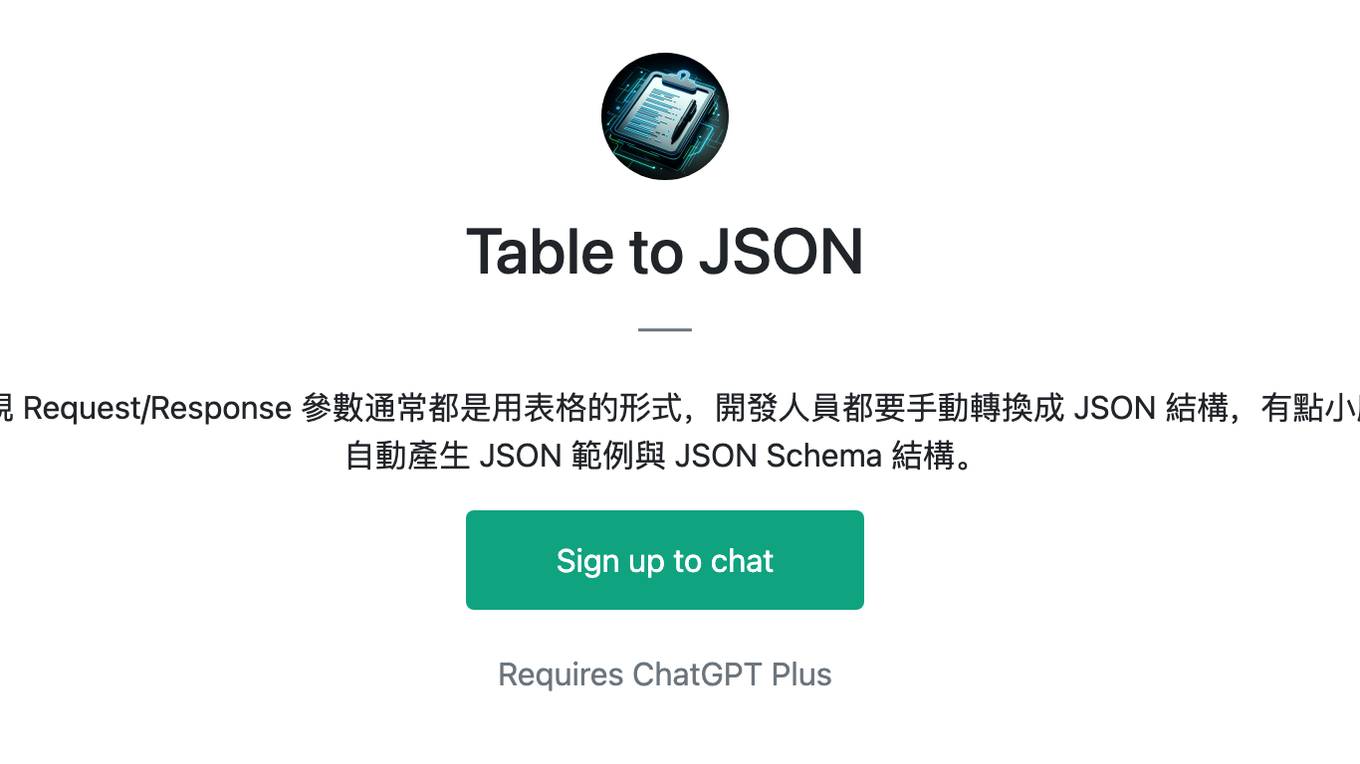
Table to JSON
我們經常在看 REST API 參考文件,文件中呈現 Request/Response 參數通常都是用表格的形式,開發人員都要手動轉換成 JSON 結構,有點小麻煩,但透過這個 GPT 只要上傳截圖就可以自動產生 JSON 範例與 JSON Schema 結構。
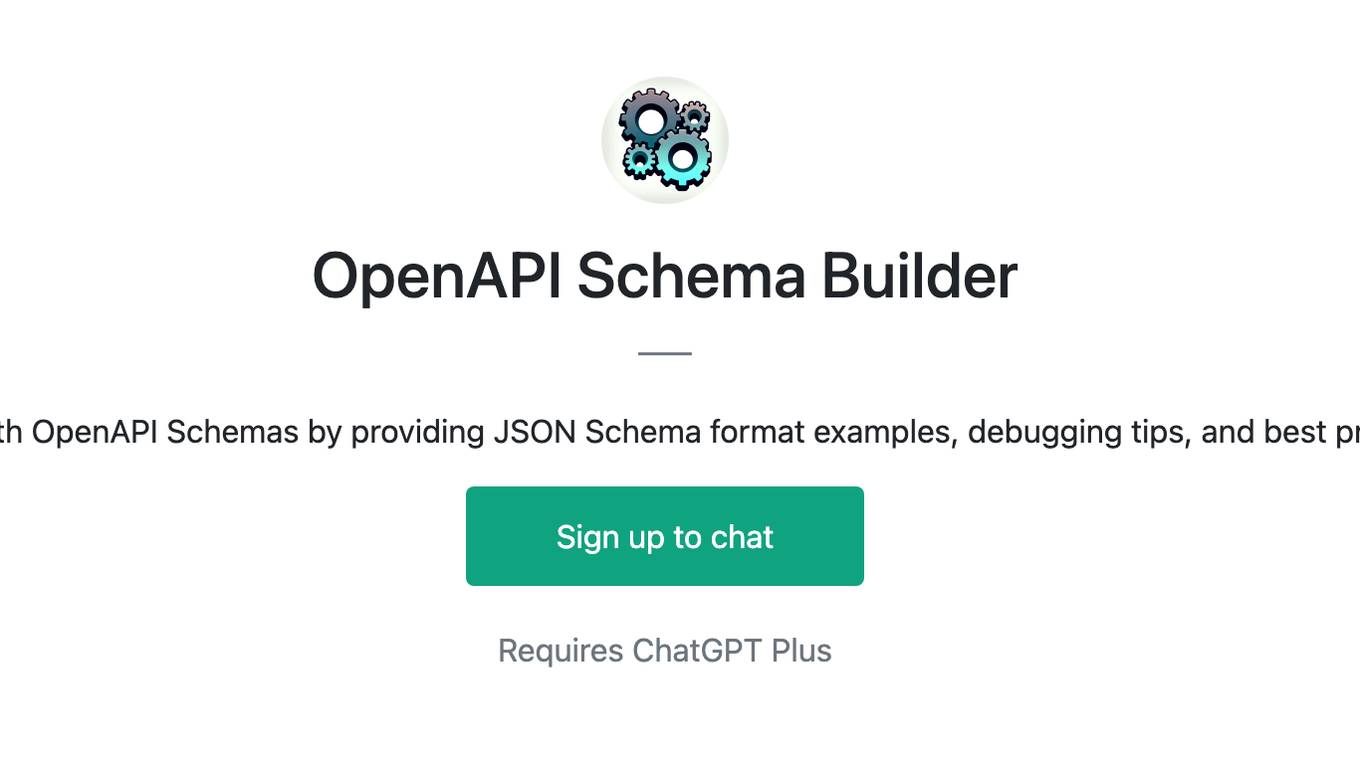
OpenAPI Schema Builder
Assists with OpenAPI Schemas by providing JSON Schema format examples, debugging tips, and best practices.
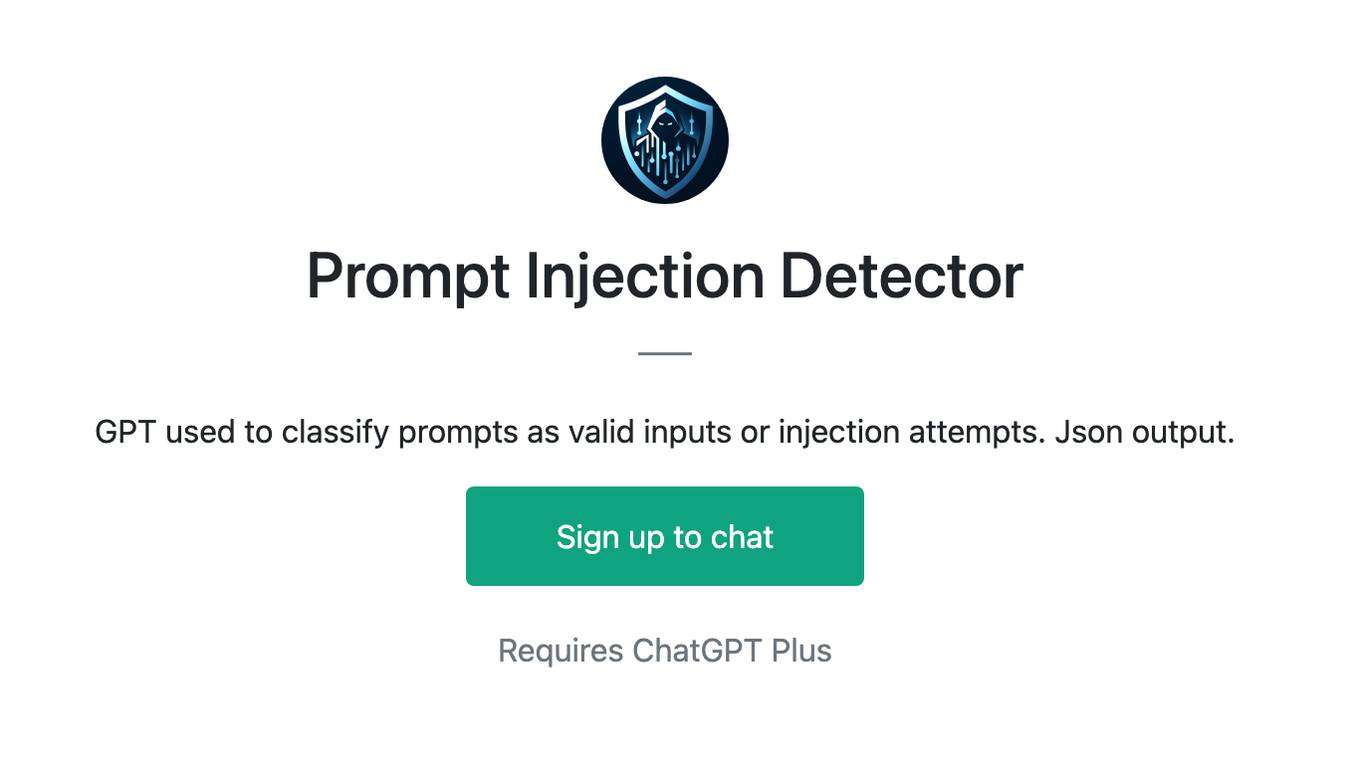
Prompt Injection Detector
GPT used to classify prompts as valid inputs or injection attempts. Json output.
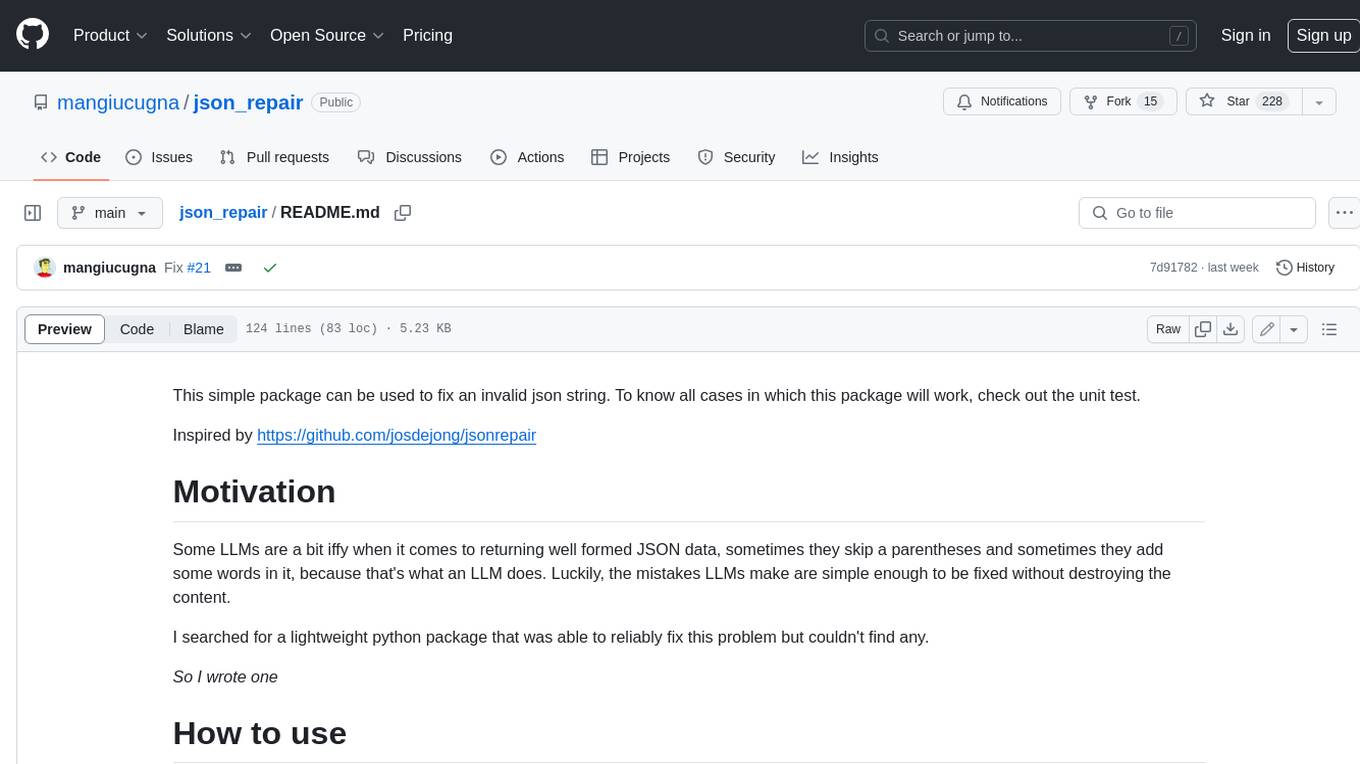
json_repair
This simple package can be used to fix an invalid json string. To know all cases in which this package will work, check out the unit test. Inspired by https://github.com/josdejong/jsonrepair Motivation Some LLMs are a bit iffy when it comes to returning well formed JSON data, sometimes they skip a parentheses and sometimes they add some words in it, because that's what an LLM does. Luckily, the mistakes LLMs make are simple enough to be fixed without destroying the content. I searched for a lightweight python package that was able to reliably fix this problem but couldn't find any. So I wrote one How to use from json_repair import repair_json good_json_string = repair_json(bad_json_string) # If the string was super broken this will return an empty string You can use this library to completely replace `json.loads()`: import json_repair decoded_object = json_repair.loads(json_string) or just import json_repair decoded_object = json_repair.repair_json(json_string, return_objects=True) Read json from a file or file descriptor JSON repair provides also a drop-in replacement for `json.load()`: import json_repair try: file_descriptor = open(fname, 'rb') except OSError: ... with file_descriptor: decoded_object = json_repair.load(file_descriptor) and another method to read from a file: import json_repair try: decoded_object = json_repair.from_file(json_file) except OSError: ... except IOError: ... Keep in mind that the library will not catch any IO-related exception and those will need to be managed by you Performance considerations If you find this library too slow because is using `json.loads()` you can skip that by passing `skip_json_loads=True` to `repair_json`. Like: from json_repair import repair_json good_json_string = repair_json(bad_json_string, skip_json_loads=True) I made a choice of not using any fast json library to avoid having any external dependency, so that anybody can use it regardless of their stack. Some rules of thumb to use: - Setting `return_objects=True` will always be faster because the parser returns an object already and it doesn't have serialize that object to JSON - `skip_json_loads` is faster only if you 100% know that the string is not a valid JSON - If you are having issues with escaping pass the string as **raw** string like: `r"string with escaping\"" Adding to requirements Please pin this library only on the major version! We use TDD and strict semantic versioning, there will be frequent updates and no breaking changes in minor and patch versions. To ensure that you only pin the major version of this library in your `requirements.txt`, specify the package name followed by the major version and a wildcard for minor and patch versions. For example: json_repair==0.* In this example, any version that starts with `0.` will be acceptable, allowing for updates on minor and patch versions. How it works This module will parse the JSON file following the BNF definition: <json> ::= <primitive> | <container> <primitive> ::= <number> | <string> | <boolean> ; Where: ; <number> is a valid real number expressed in one of a number of given formats ; <string> is a string of valid characters enclosed in quotes ; <boolean> is one of the literal strings 'true', 'false', or 'null' (unquoted) <container> ::= <object> | <array> <array> ::= '[' [ <json> *(', ' <json>) ] ']' ; A sequence of JSON values separated by commas <object> ::= '{' [ <member> *(', ' <member>) ] '}' ; A sequence of 'members' <member> ::= <string> ': ' <json> ; A pair consisting of a name, and a JSON value If something is wrong (a missing parantheses or quotes for example) it will use a few simple heuristics to fix the JSON string: - Add the missing parentheses if the parser believes that the array or object should be closed - Quote strings or add missing single quotes - Adjust whitespaces and remove line breaks I am sure some corner cases will be missing, if you have examples please open an issue or even better push a PR How to develop Just create a virtual environment with `requirements.txt`, the setup uses pre-commit to make sure all tests are run. Make sure that the Github Actions running after pushing a new commit don't fail as well. How to release You will need owner access to this repository - Edit `pyproject.toml` and update the version number appropriately using `semver` notation - **Commit and push all changes to the repository before continuing or the next steps will fail** - Run `python -m build` - Create a new release in Github, making sure to tag all the issues solved and contributors. Create the new tag, same as the one in the build configuration - Once the release is created, a new Github Actions workflow will start to publish on Pypi, make sure it didn't fail Bonus Content If you need some good Custom Instructions (System Message) to improve your chatbot responses try https://gist.github.com/mangiucugna/7ec015c4266df11be8aa510be0110fe4 Star History [Star History Chart](https://api.star-history.com/svg?repos=mangiucugna/json_repair&type=Date)
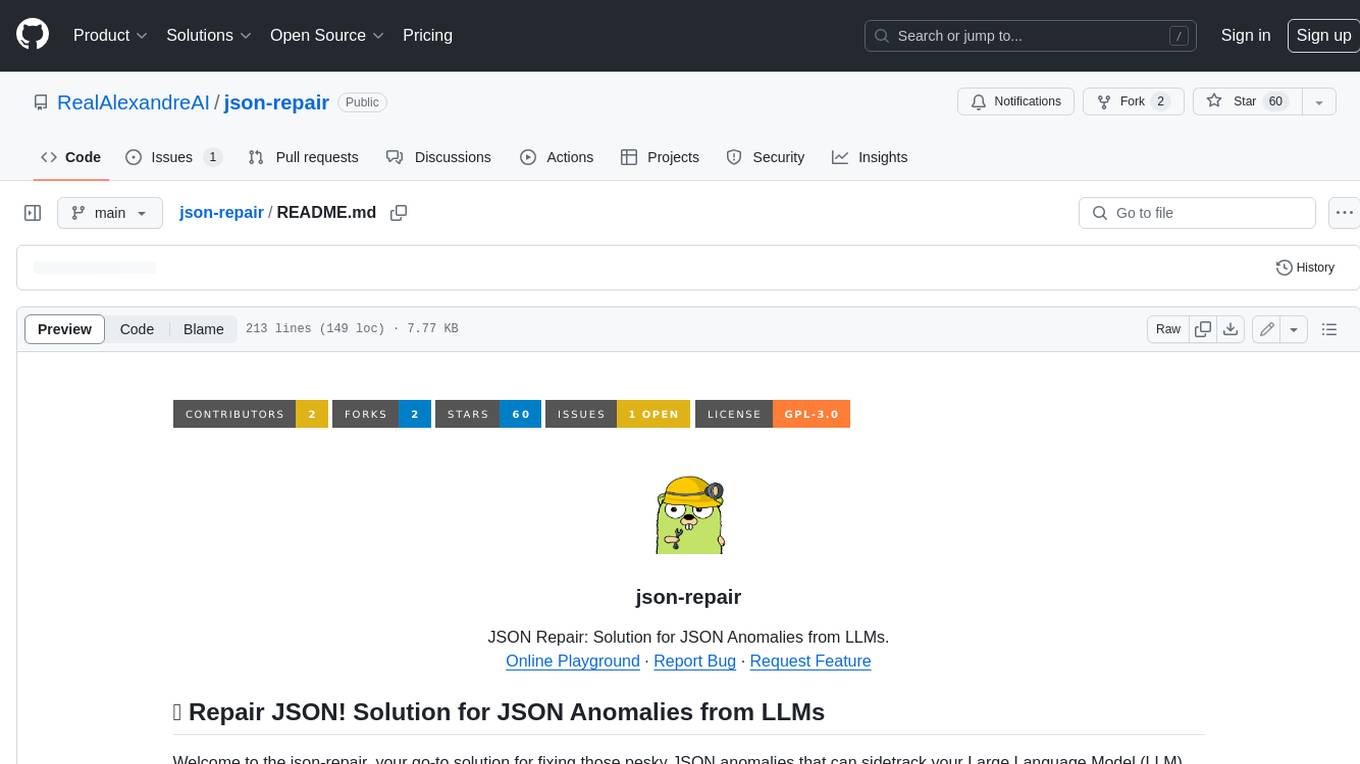
json-repair
JSON Repair is a toolkit designed to address JSON anomalies that can arise from Large Language Models (LLMs). It offers a comprehensive solution for repairing JSON strings, ensuring accuracy and reliability in your data processing. With its user-friendly interface and extensive capabilities, JSON Repair empowers developers to seamlessly integrate JSON repair into their workflows.
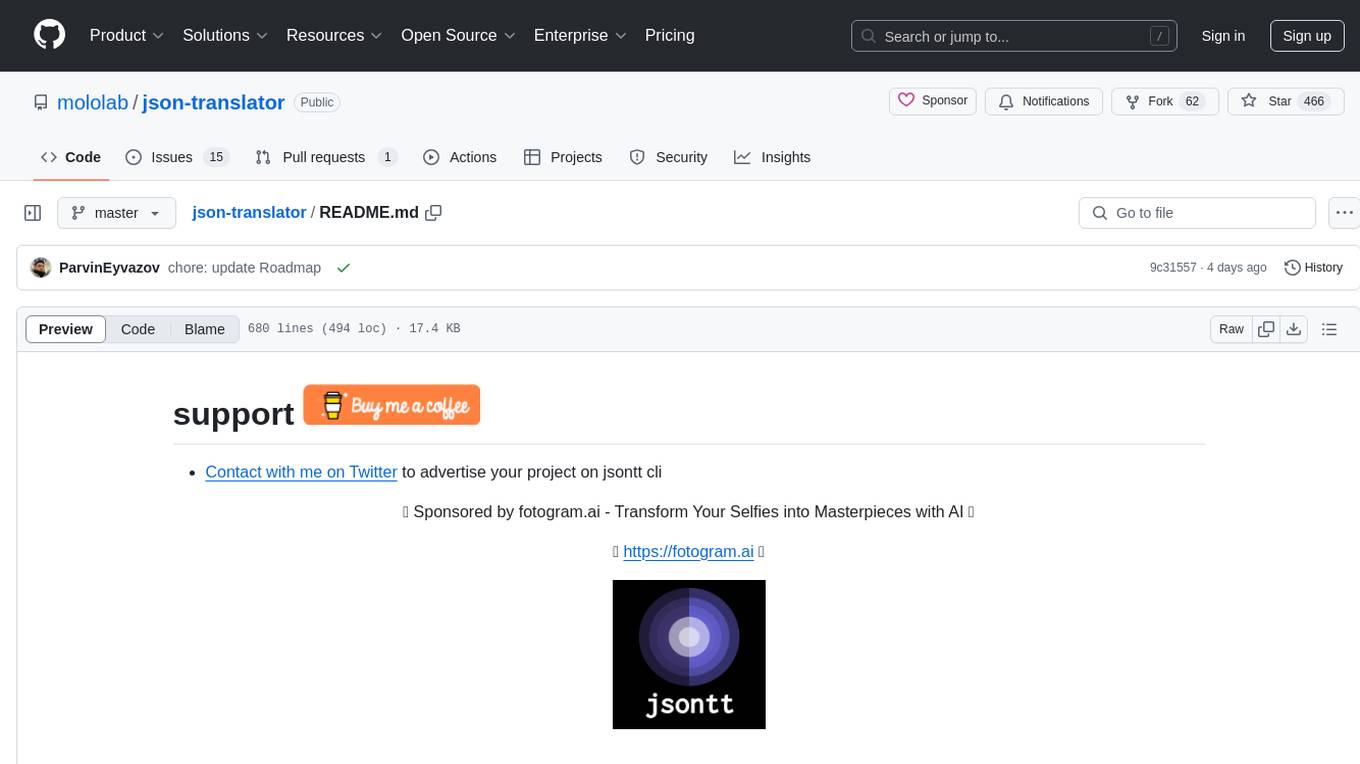
json-translator
The json-translator repository provides a free tool to translate JSON/YAML files or JSON objects into different languages using various translation modules. It supports CLI usage and package support, allowing users to translate words, sentences, JSON objects, and JSON files. The tool also offers multi-language translation, ignoring specific words, and safe translation practices. Users can contribute to the project by updating CLI, translation functions, JSON operations, and more. The roadmap includes features like Libre Translate option, Argos Translate option, Bing Translate option, and support for additional translation modules.
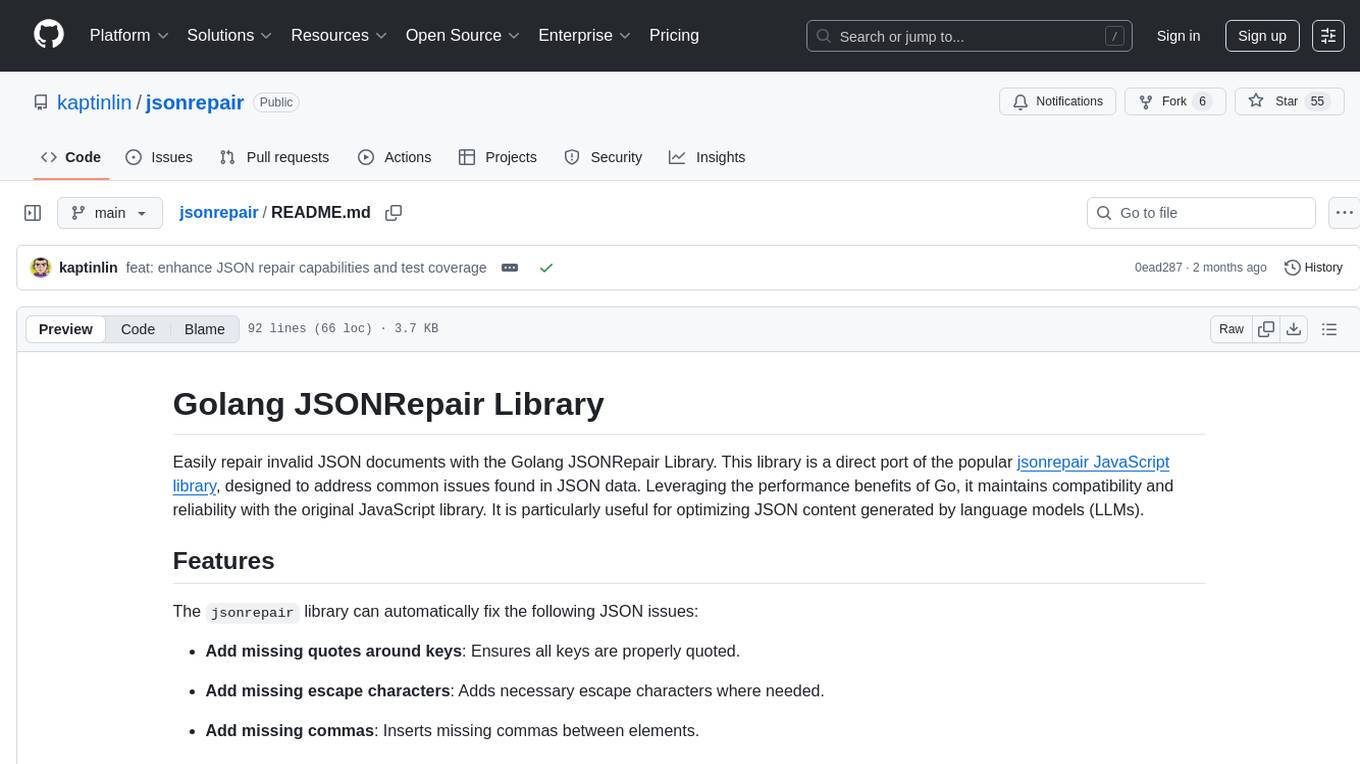
jsonrepair
Jsonrepair is a Python library that provides functionalities to repair and validate JSON files. It helps users to fix common issues in JSON data such as missing commas, incorrect data types, and structural errors. With jsonrepair, users can easily clean up and standardize their JSON files, ensuring they are well-formed and error-free.
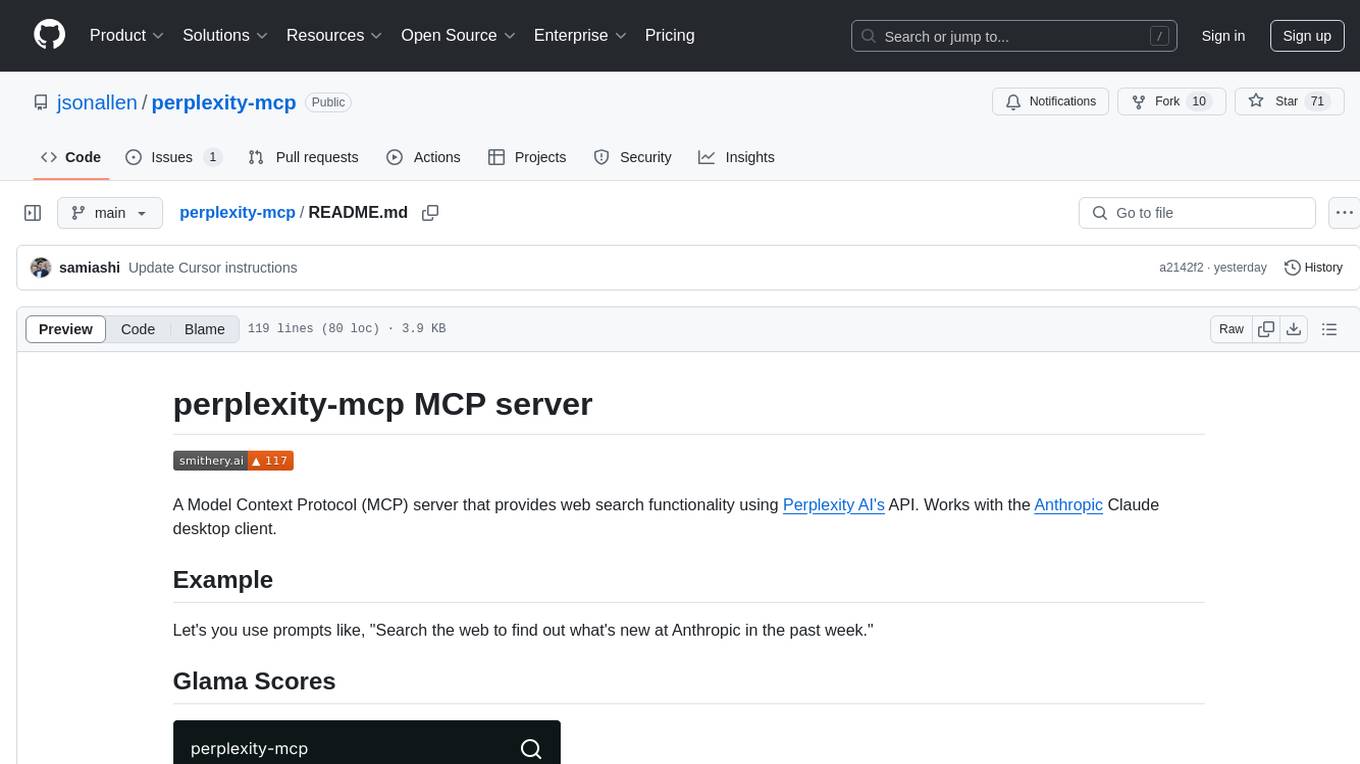
perplexity-mcp
Perplexity-mcp is a Model Context Protocol (MCP) server that provides web search functionality using Perplexity AI's API. It works with the Anthropic Claude desktop client. The server allows users to search the web with specific queries and filter results by recency. It implements the perplexity_search_web tool, which takes a query as a required argument and can filter results by day, week, month, or year. Users need to set up environment variables, including the PERPLEXITY_API_KEY, to use the server. The tool can be installed via Smithery and requires UV for installation. It offers various models for different contexts and can be added as an MCP server in Cursor or Claude Desktop configurations.
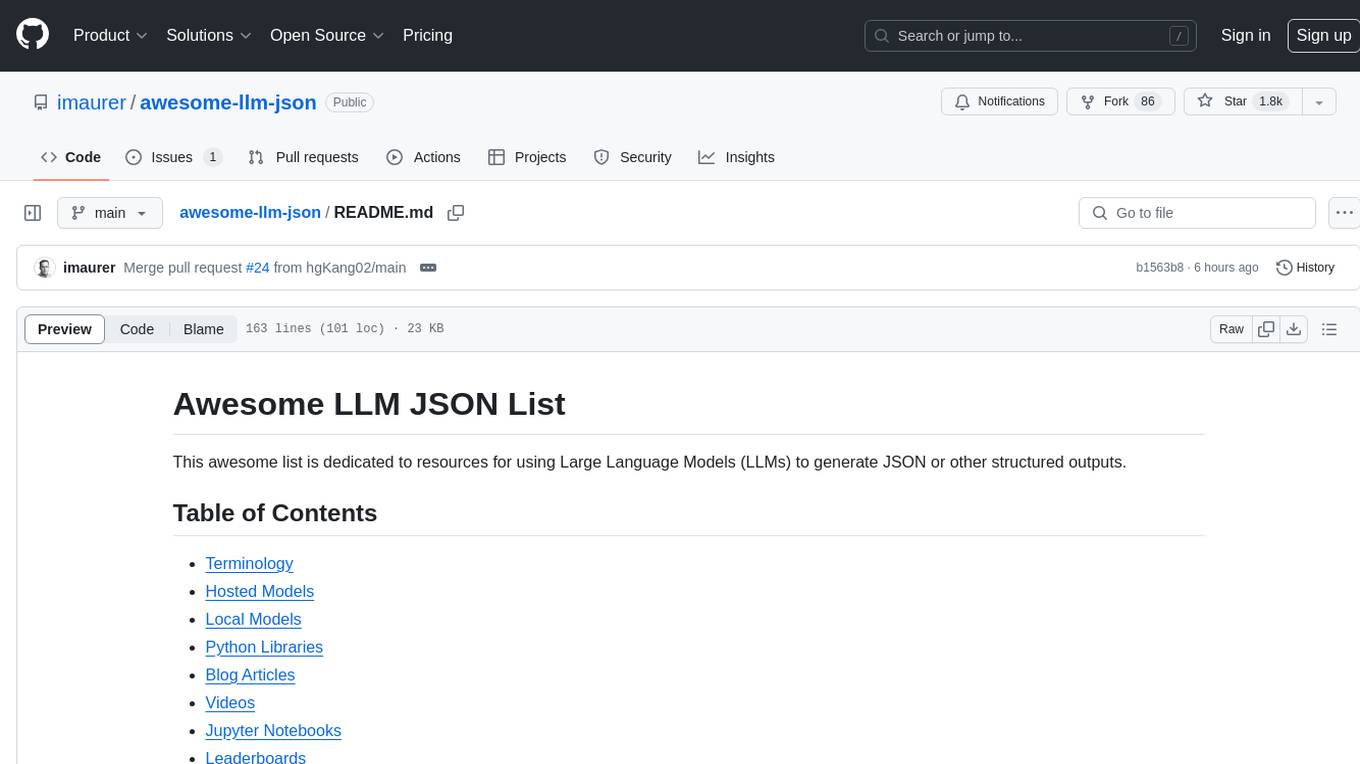
awesome-llm-json
This repository is an awesome list dedicated to resources for using Large Language Models (LLMs) to generate JSON or other structured outputs. It includes terminology explanations, hosted and local models, Python libraries, blog articles, videos, Jupyter notebooks, and leaderboards related to LLMs and JSON generation. The repository covers various aspects such as function calling, JSON mode, guided generation, and tool usage with different providers and models.
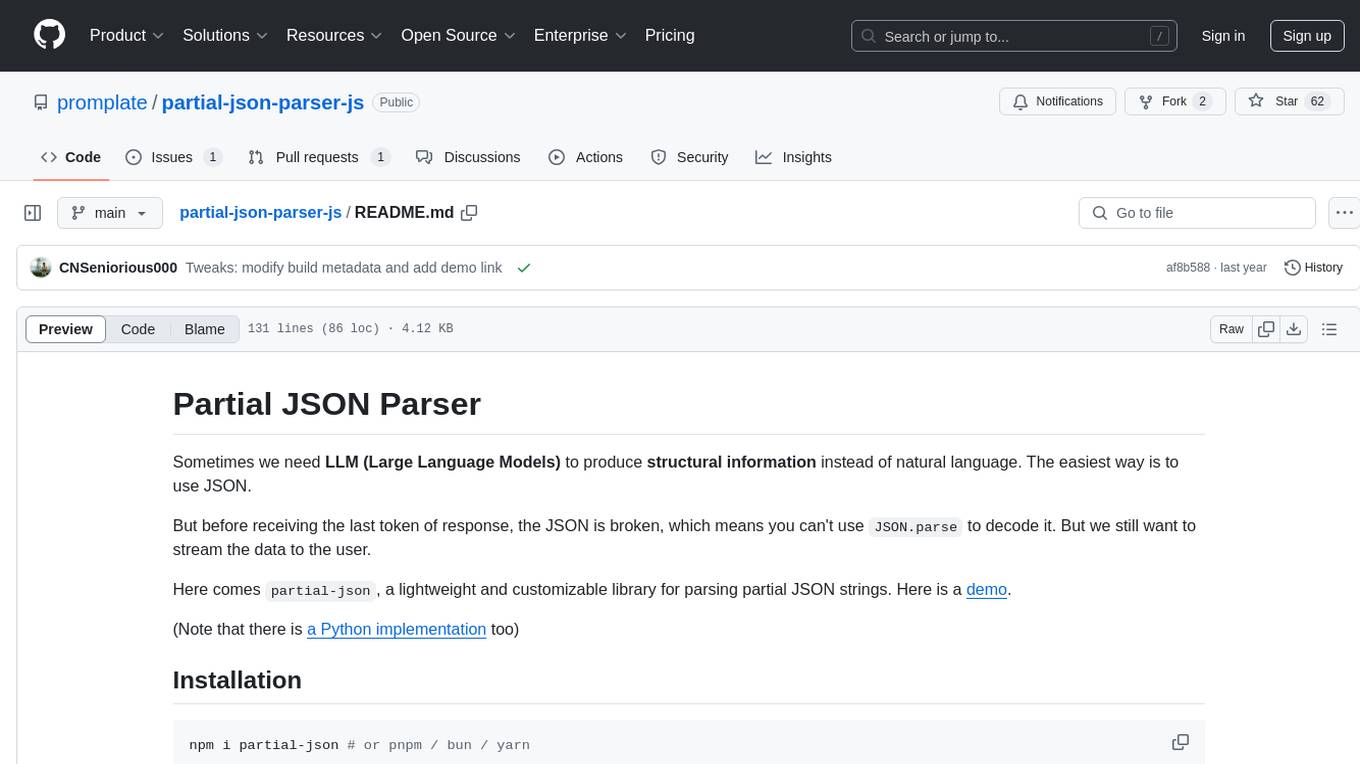
partial-json-parser-js
Partial JSON Parser is a lightweight and customizable library for parsing partial JSON strings. It allows users to parse incomplete JSON data and stream it to the user. The library provides options to specify what types of partialness are allowed during parsing, such as strings, objects, arrays, special values, and more. It helps handle malformed JSON and returns the parsed JavaScript value. Partial JSON Parser is implemented purely in JavaScript and offers both commonjs and esm builds.
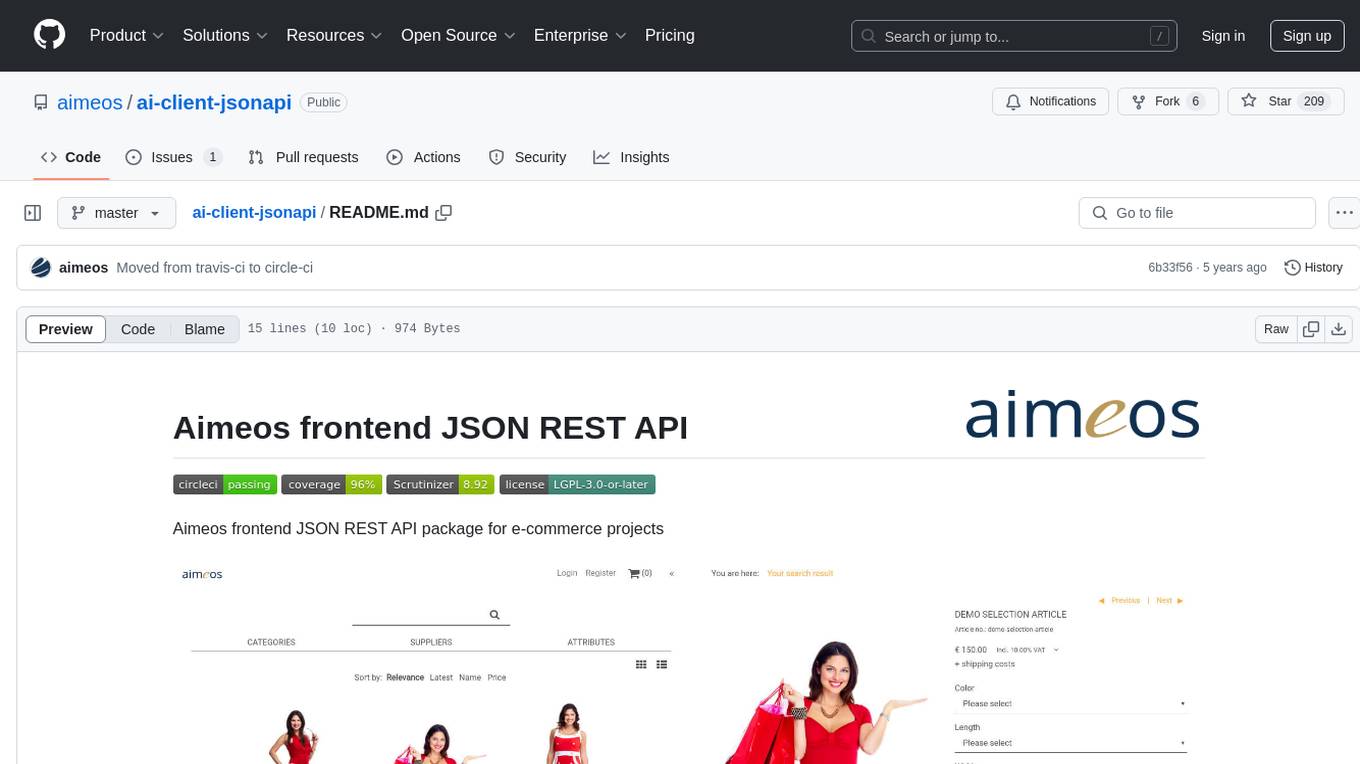
ai-client-jsonapi
Aimeos frontend JSON REST API is a package designed for e-commerce projects, providing a convenient way to interact with the backend server through JSON format. It offers a set of endpoints that allow users to perform various operations such as retrieving product information, managing shopping carts, and processing orders. The API is built with a focus on performance, scalability, and ease of use, making it suitable for both small and large e-commerce applications.
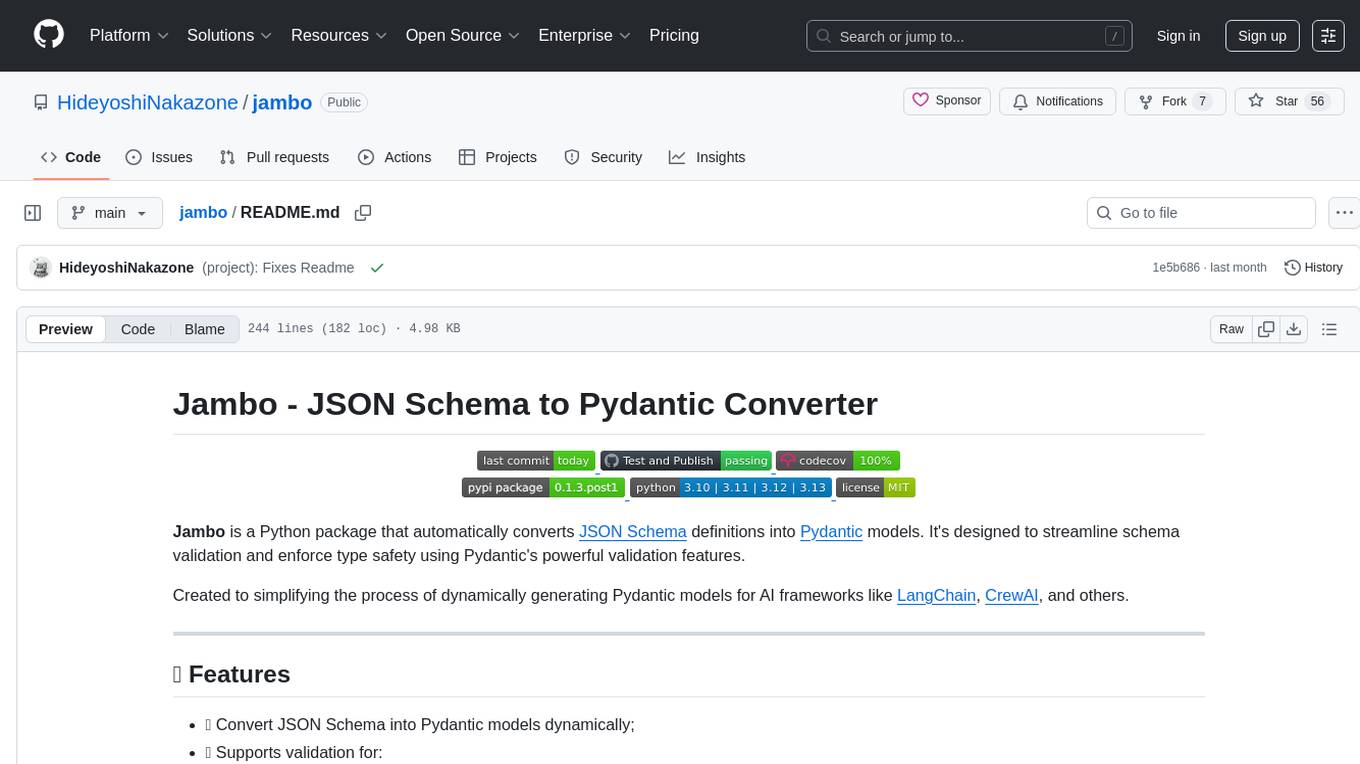
jambo
Jambo is a Python package that automatically converts JSON Schema definitions into Pydantic models. It streamlines schema validation and enforces type safety using Pydantic's validation features. The tool supports various JSON Schema features like strings, integers, floats, booleans, arrays, nested objects, and more. It enforces constraints such as minLength, maxLength, pattern, minimum, maximum, uniqueItems, and provides a zero-config approach for generating models. Jambo is designed to simplify the process of dynamically generating Pydantic models for AI frameworks.

strictjson
Strict JSON is a framework designed to handle JSON outputs with complex structures, fixing issues that standard json.loads() cannot resolve. It provides functionalities for parsing LLM outputs into dictionaries, supporting various data types, type forcing, and error correction. The tool allows easy integration with OpenAI JSON Mode and offers community support through tutorials and discussions. Users can download the package via pip, set up API keys, and import functions for usage. The tool works by extracting JSON values using regex, matching output values to literals, and ensuring all JSON fields are output by LLM with optional type checking. It also supports LLM-based checks for type enforcement and error correction loops.
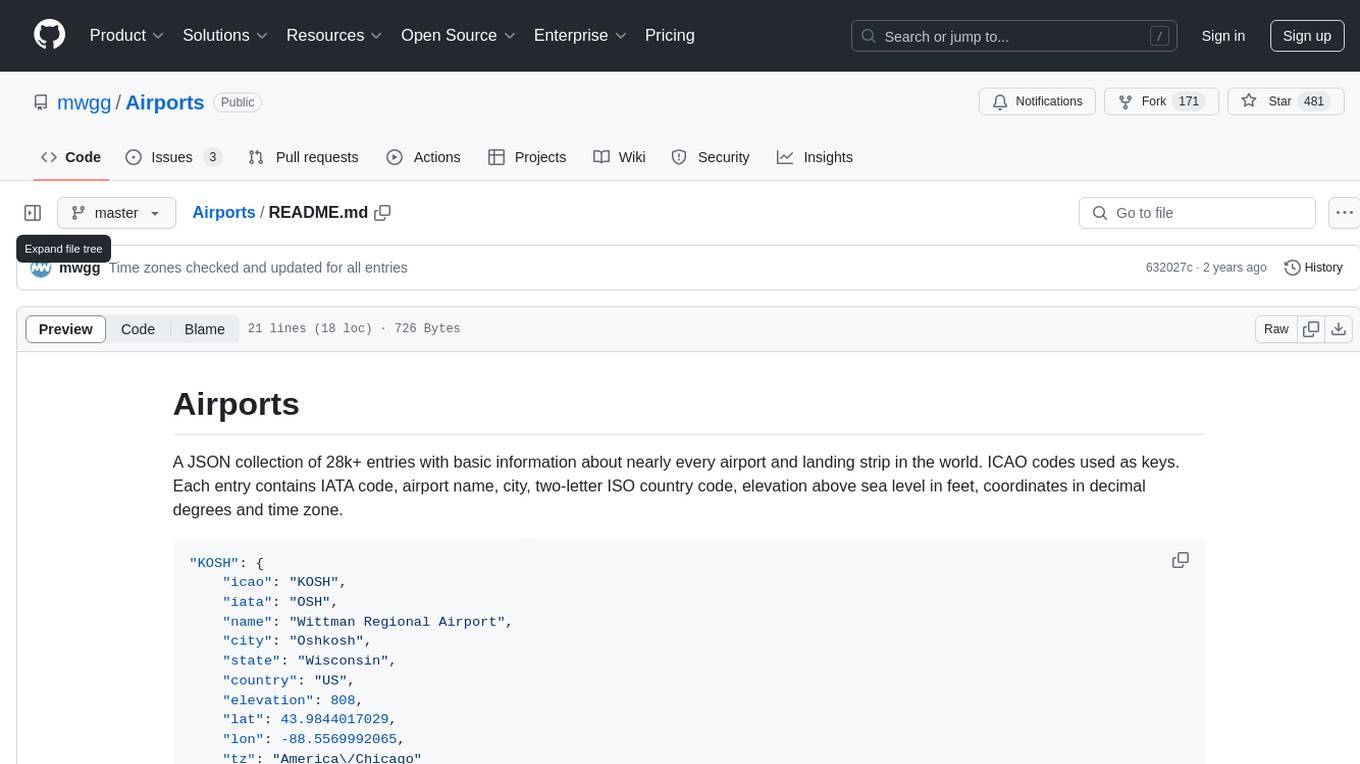
Airports
Airports is a JSON collection with detailed information about over 28,000 airports and landing strips worldwide. Each entry includes IATA code, airport name, city, country code, elevation, coordinates, and time zone.
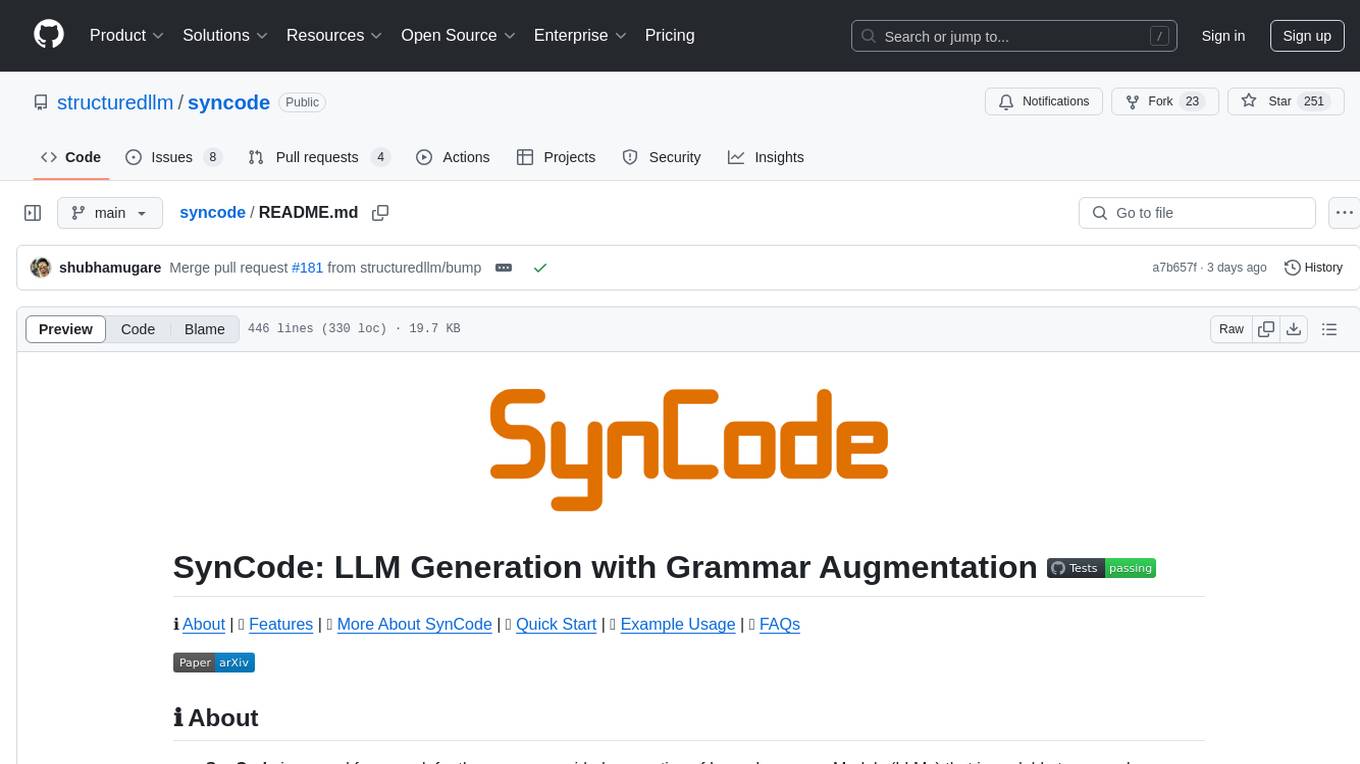
syncode
SynCode is a novel framework for the grammar-guided generation of Large Language Models (LLMs) that ensures syntactically valid output based on a Context-Free Grammar (CFG). It supports various programming languages like Python, Go, SQL, Math, JSON, and more. Users can define custom grammars using EBNF syntax. SynCode offers fast generation, seamless integration with HuggingFace Language Models, and the ability to sample with different decoding strategies.
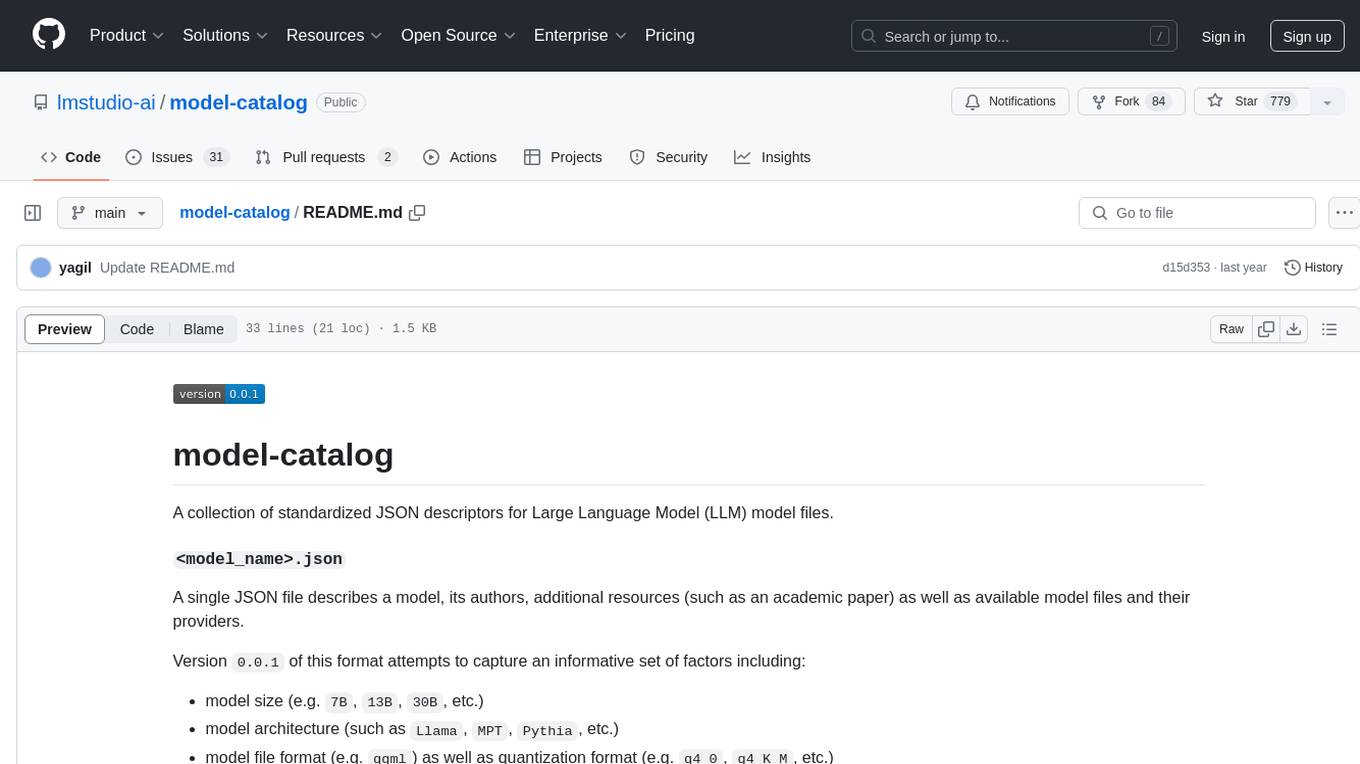
model-catalog
model-catalog is a repository containing standardized JSON descriptors for Large Language Model (LLM) model files. Each model is described in a JSON file with details about the model, authors, additional resources, available model files, and providers. The format captures factors like model size, architecture, file format, and quantization format. A Github action merges individual JSON files from the `models/` directory into a `catalog.json` file, which is validated using a JSON schema. Contributors can help by adding new model JSON files following the contribution process.

llm-structured-output
This repository contains a library for constraining LLM generation to structured output, enforcing a JSON schema for precise data types and property names. It includes an acceptor/state machine framework, JSON acceptor, and JSON schema acceptor for guiding decoding in LLMs. The library provides reference implementations using Apple's MLX library and examples for function calling tasks. The tool aims to improve LLM output quality by ensuring adherence to a schema, reducing unnecessary output, and enhancing performance through pre-emptive decoding. Evaluations show performance benchmarks and comparisons with and without schema constraints.

partialjson
PartialJson is a Python library that allows users to parse partial and incomplete JSON data with ease. With just 3 lines of Python code, users can parse JSON data that may be missing key elements or contain errors. The library provides a simple solution for handling JSON data that may not be well-formed or complete, making it a valuable tool for data processing and manipulation tasks.
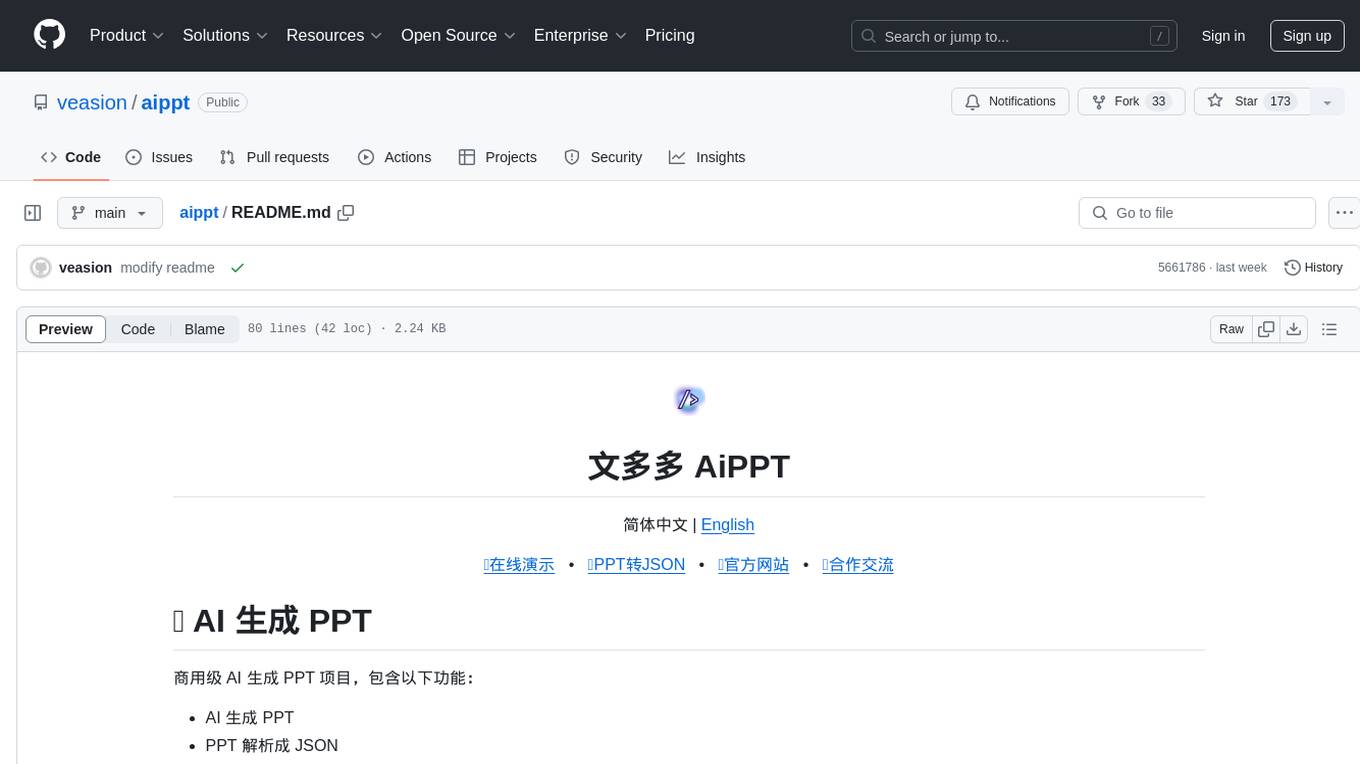
aippt
Aippt is a commercial-grade AI tool for generating, parsing, and rendering PowerPoint presentations. It offers functionalities such as AI-powered PPT generation, PPT to JSON conversion, and JSON to PPT rendering. Users can experience online editing, upload PPT files for rendering, and download edited PPT files. The tool also supports commercial partnerships for custom industry solutions, native chart and animation support, user-defined templates, and competitive pricing. Aippt is available for commercial use with options for agency support and private deployment. The official website offers open APIs and an open platform for API/UI integration.
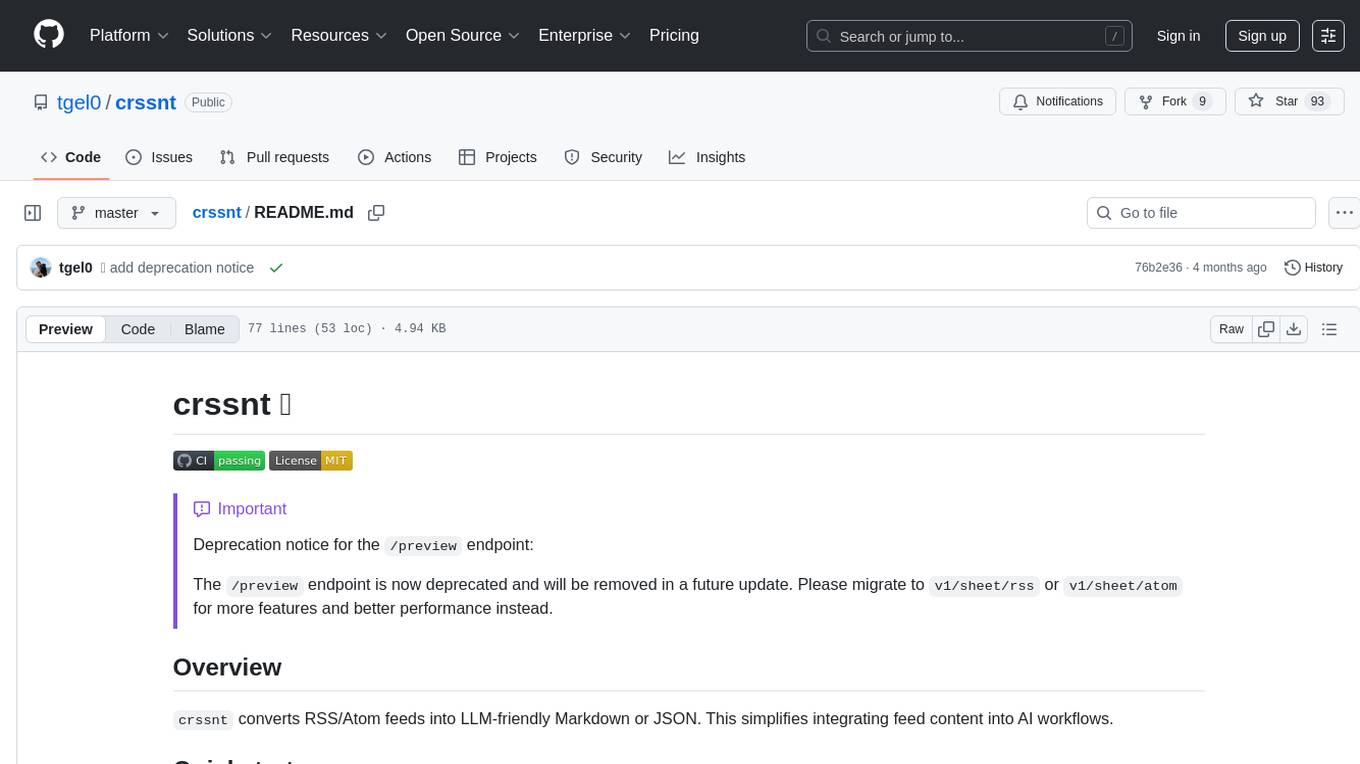
crssnt
crssnt is a tool that converts RSS/Atom feeds into LLM-friendly Markdown or JSON, simplifying integration of feed content into AI workflows. It supports LLM-optimized conversion, multiple output formats, feed aggregation, and Google Sheet support. Users can access various endpoints for feed conversion and Google Sheet processing, with query parameters for customization. The tool processes user-provided URLs transiently without storing feed data, and can be self-hosted as Firebase Cloud Functions. Contributions are welcome under the MIT License.
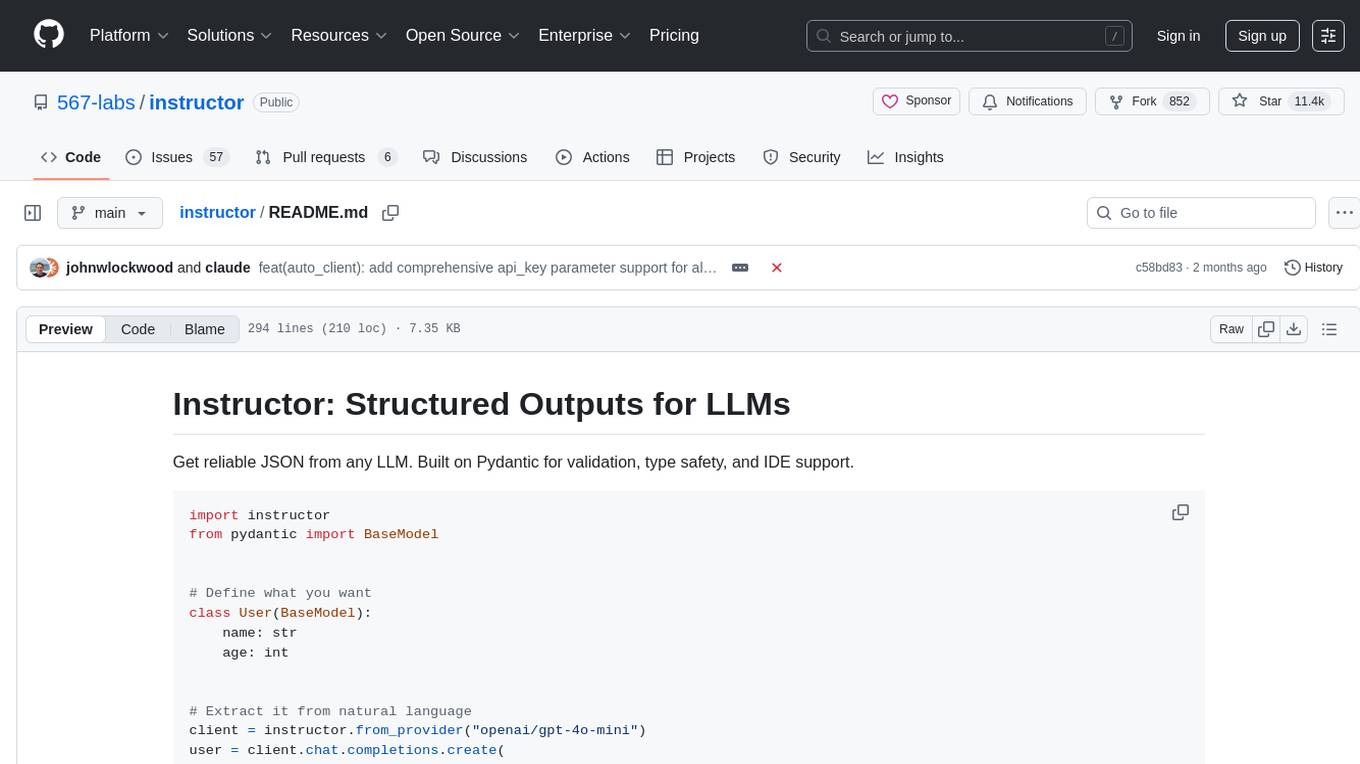
instructor
Instructor is a tool that provides structured outputs from Large Language Models (LLMs) in a reliable manner. It simplifies the process of extracting structured data by utilizing Pydantic for validation, type safety, and IDE support. With Instructor, users can define models and easily obtain structured data without the need for complex JSON parsing, error handling, or retries. The tool supports automatic retries, streaming support, and extraction of nested objects, making it production-ready for various AI applications. Trusted by a large community of developers and companies, Instructor is used by teams at OpenAI, Google, Microsoft, AWS, and YC startups.
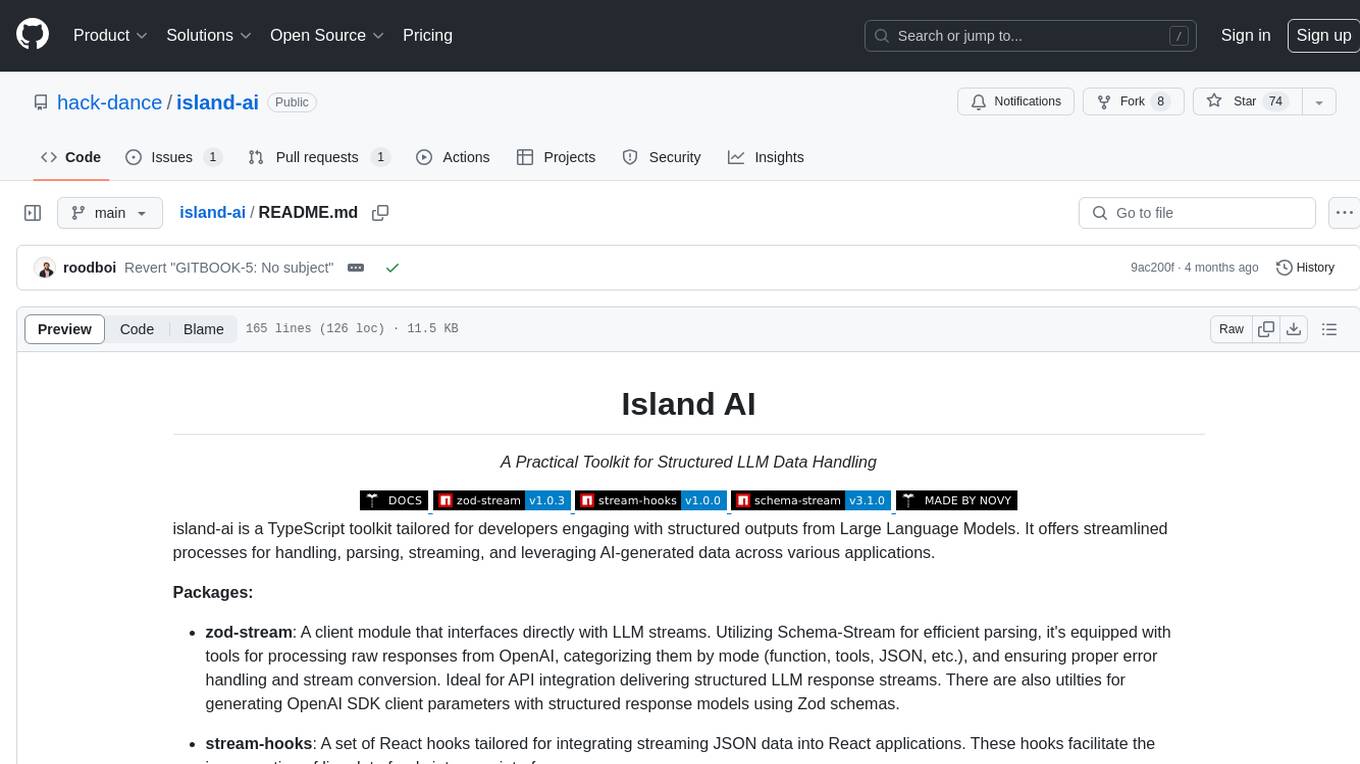
island-ai
island-ai is a TypeScript toolkit tailored for developers engaging with structured outputs from Large Language Models. It offers streamlined processes for handling, parsing, streaming, and leveraging AI-generated data across various applications. The toolkit includes packages like zod-stream for interfacing with LLM streams, stream-hooks for integrating streaming JSON data into React applications, and schema-stream for JSON streaming parsing based on Zod schemas. Additionally, related packages like @instructor-ai/instructor-js focus on data validation and retry mechanisms, enhancing the reliability of data processing workflows.
